This website uses cookies so that we can provide you with the best user experience possible. Cookie information is stored in your browser and performs functions such as recognising you when you return to our website and helping our team to understand which sections of the website you find most interesting and useful.
Smyha Territorial Community
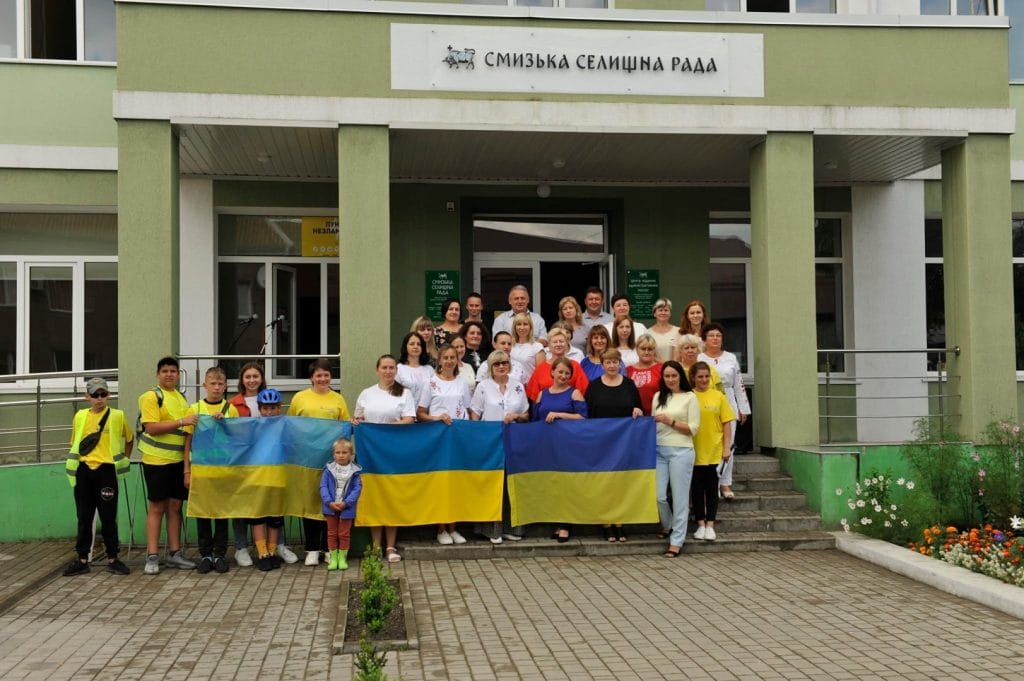
The Smyha settlement territorial community is located in the Dubno district of the Rivne region.
Total area of the territory: 192.27 km2
Population: 7,215 people
Men: 3,468
Women: 3,747
Children: 1,347
People of retirement age: 1,621
Internally displaced persons: 115
The community includes 1 settlement and 13 villages and has its administrative center in the settlement of Smyha.
History
The territory of the community has been inhabited since ancient times. Here the remains of a flint tool workshop were discovered in the village of Bereh, a bronze spearhead and traces of a Paleolithic settlement were found in the village of Onyshkivtsi, and traces of a Mesolithic settlement were identified in the village of Shepetyn. Also, there was a settlement of the Komarov culture in the vicinity of the Holuby hamlet.
In the 12th century, the settlements were part of Kyivan Rus, later – of the Galicia-Volhynia Principality, in 1340, they came under the rule of Lithuania, and in 1569, as a result of the Union of Lublin, they passed to Polish gentry.
The history of the villages of the Smyha territorial community is connected with the names of the Ostroh princes and other noble families, such as the Radzyminski, Rogozynski and Zaslavski. Most of the villages of the Smyha territorial community were located on the banks of the Ikva River.
Among the forests, the settlement-colony of Kenenberg (known as Smyha since 1928) was founded, where the owner of Studianka, Count Berg, invited ten families of German craftsmen, who made logs for barrels of beer, wine and vodka from local oak. In time, a sawmill (tartak), a steam mill, and a narrow-gauge railway to the Liubomyrka tract were built in this area. As a sign of gratitude and respect for the owner, the Germans named the settlement Kenen Berg – Noble Berg.
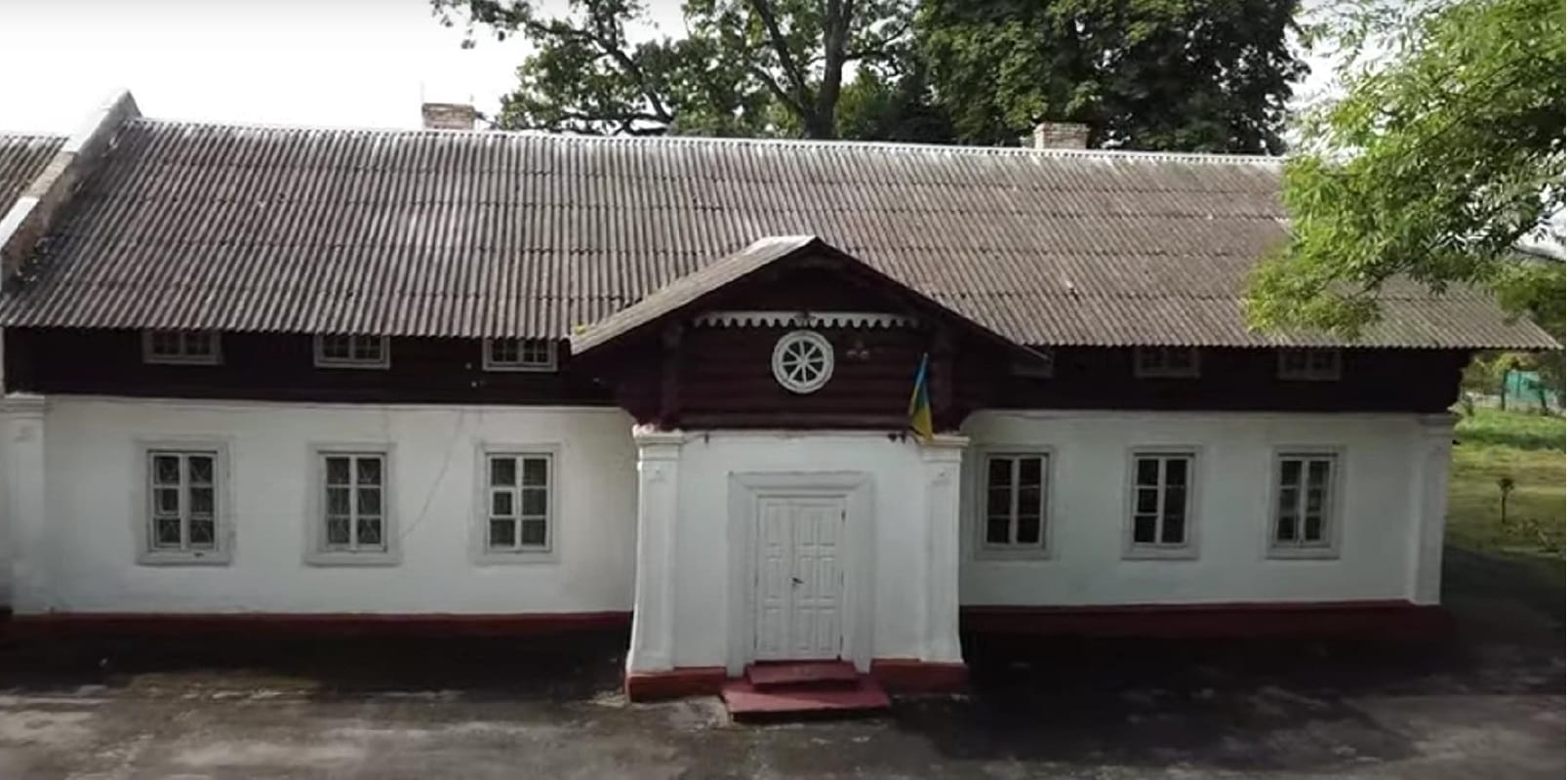
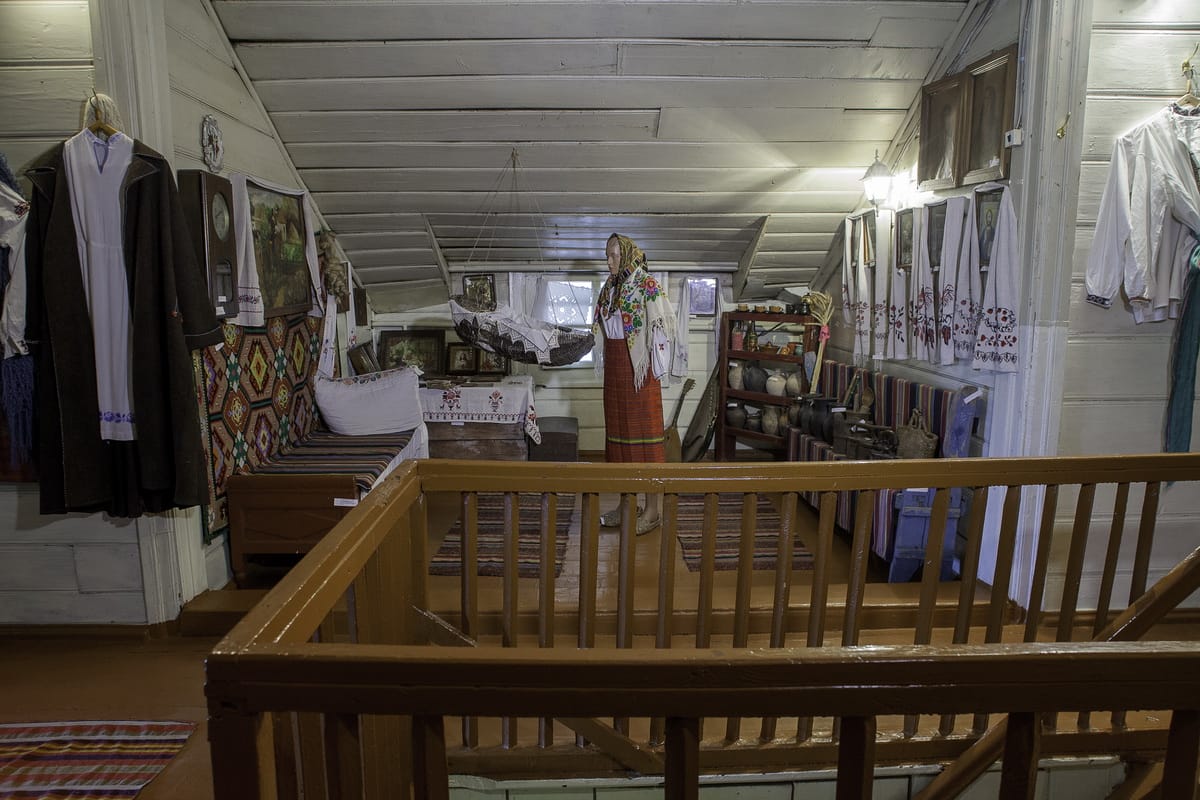
With the arrival of Poles in the 1920s, the Smyha area actively developed: a sawmill was expanded, a furniture factory, a parquet workshop, a school, a hospital, and other institutions and facilities were built. By 1937, Smyha had had one of Volyn’s largest craft carpentry schools at that time.
In the village of Onyshkivtsi is located one of the most significant landmarks of the Rivne region – the Spring (bath) of Saint Righteous Anna, which attracts pilgrims from all over the world.
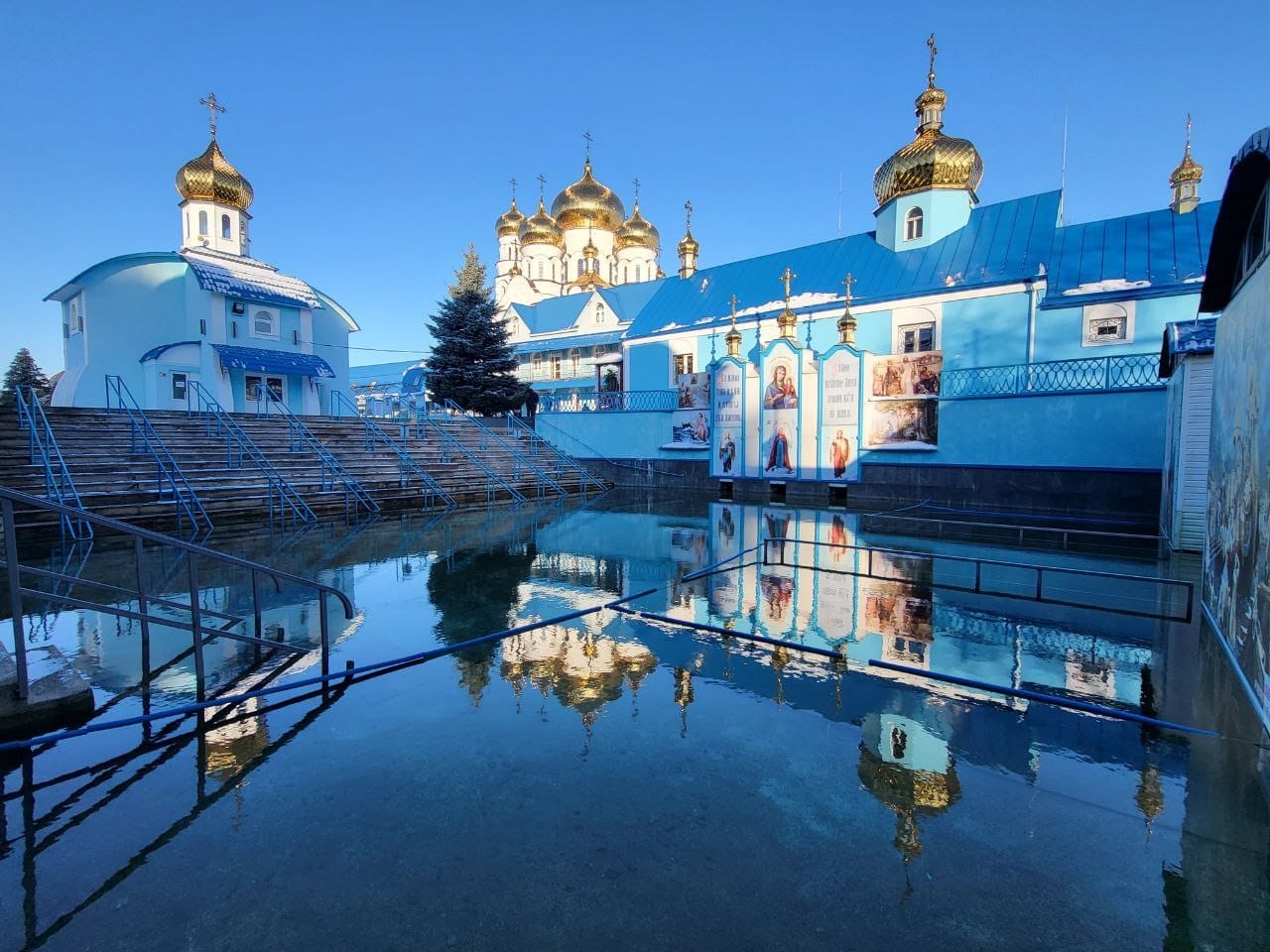
The St. Oleksiy wooden church, built in 1906 in the village of Buscha, is now an architectural monument.
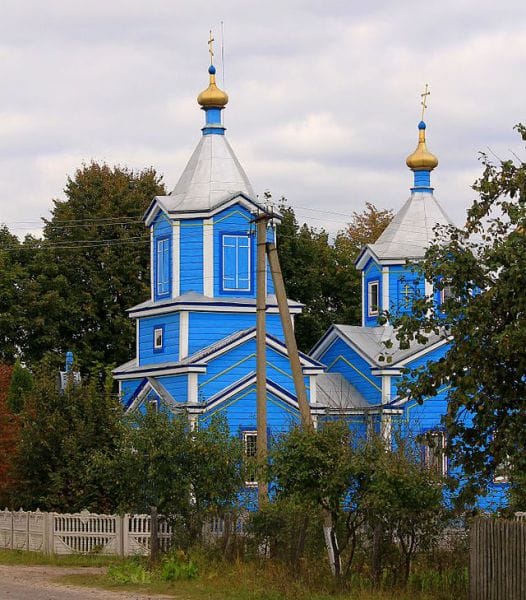
Economy and Welfare
The Smyha settlement territorial community has a large territory, over 19 thousand hectares, and land and forest resources occupy about half of the entire area.
The basis of the economy of the Smyha settlement territorial community is the woodworking industry, agricultural production, and forestry.
The community’s economy is represented by a number of enterprises, in particular, woodworking enterprises (specializing in manufacturing furniture and veneer, sawmilling and planing), such as “EUROSHPON-SMYHA”, “SPECTR”, “DREVMARKET”, etc. Over the years, the brand of the company “EUROSHPON-SMYHA” has become a full-fledged and recognizable quality mark, gained respect and became the business card of the enterprise.
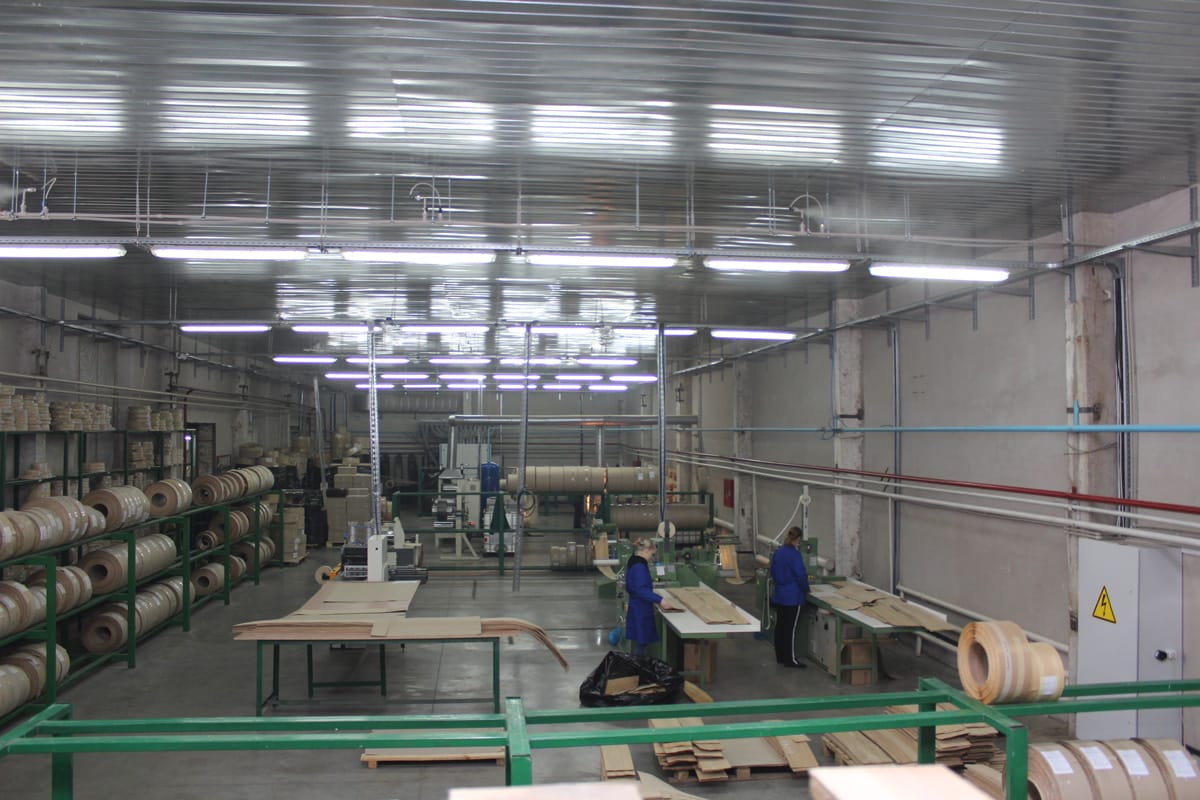
The enterprise “SHCHEDRA NYVA SHEPETYN” operates in the agricultural sector. The community also has a peat extraction and peat semi-bracket manufacturing enterprise “LAND GROW”.
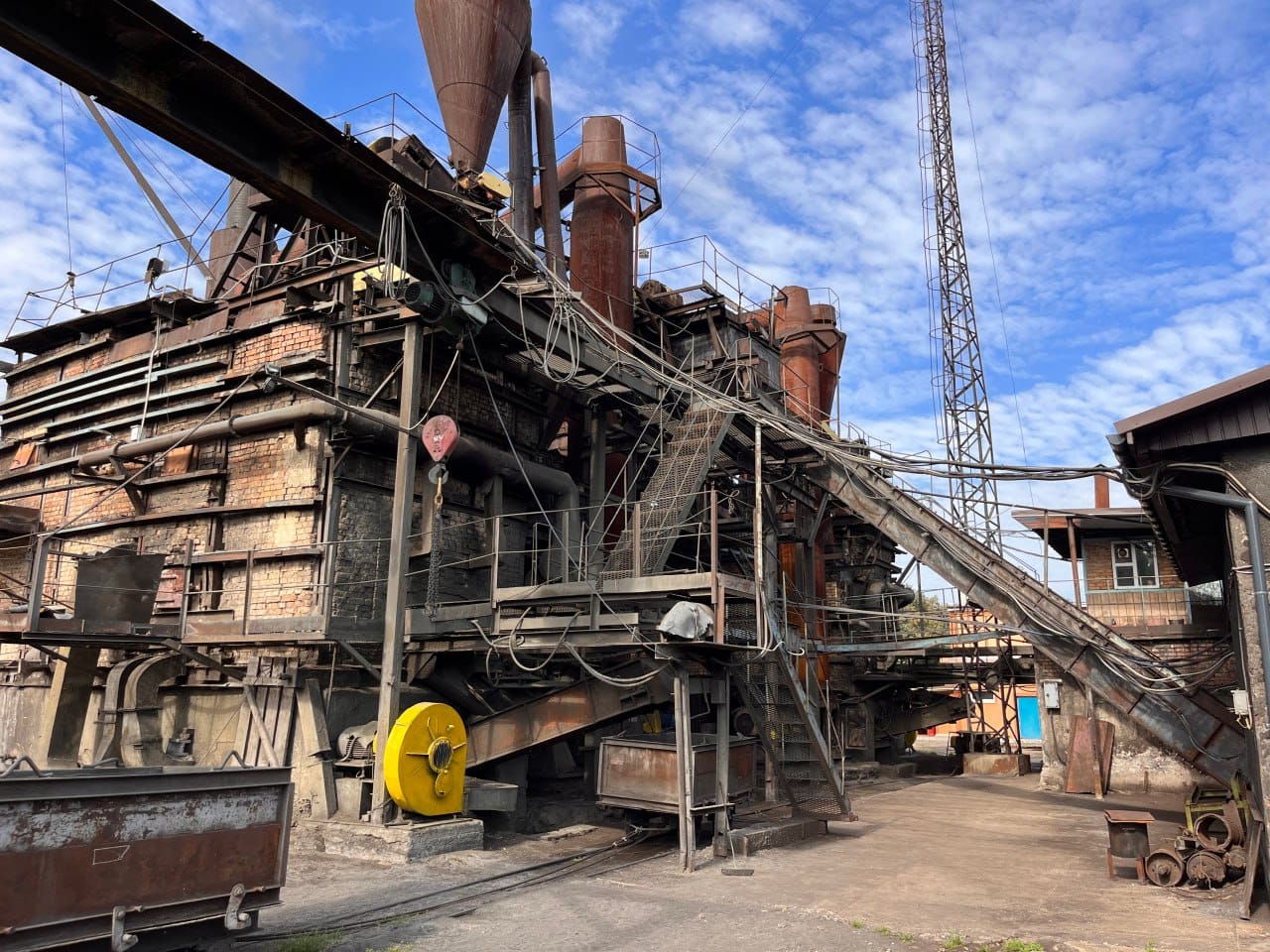
The Smyha community creates conditions for high-quality education and development of children and youth through an extensive network of education institutions. The community has four preschool institutions, and five schools provide general education.
In the field of extracurricular education, there are the Center for Children’s and Youth Creativity of the Smyha Settlement Council and the Center for Culture, Leisure, Tourism, Youth and Sports where more than 12 various clubs operate.
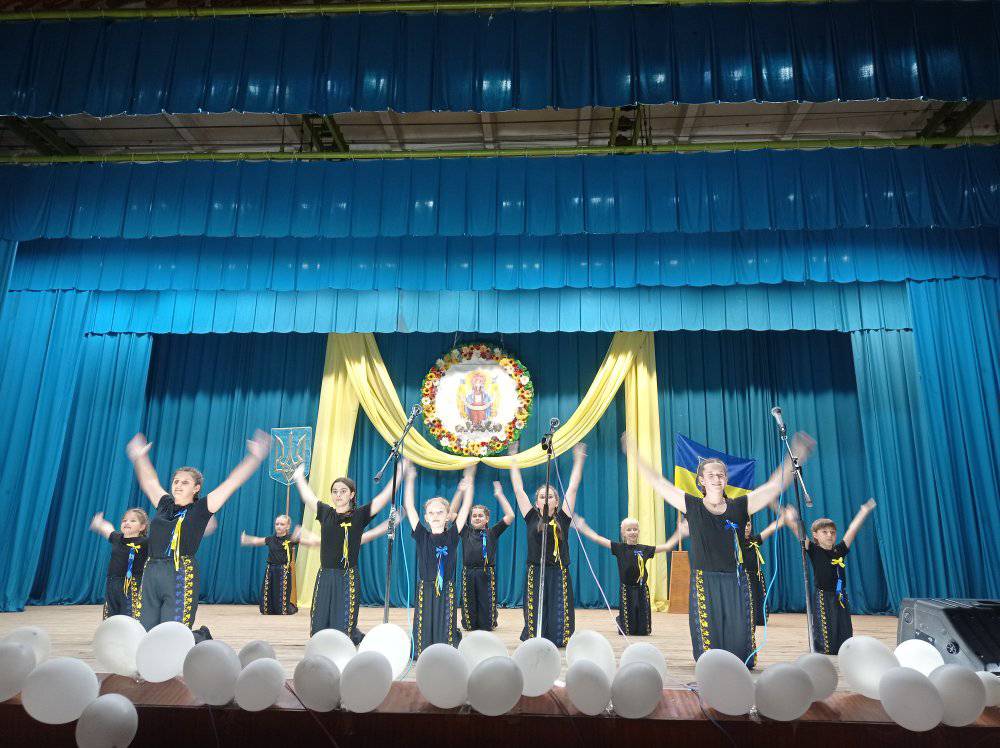
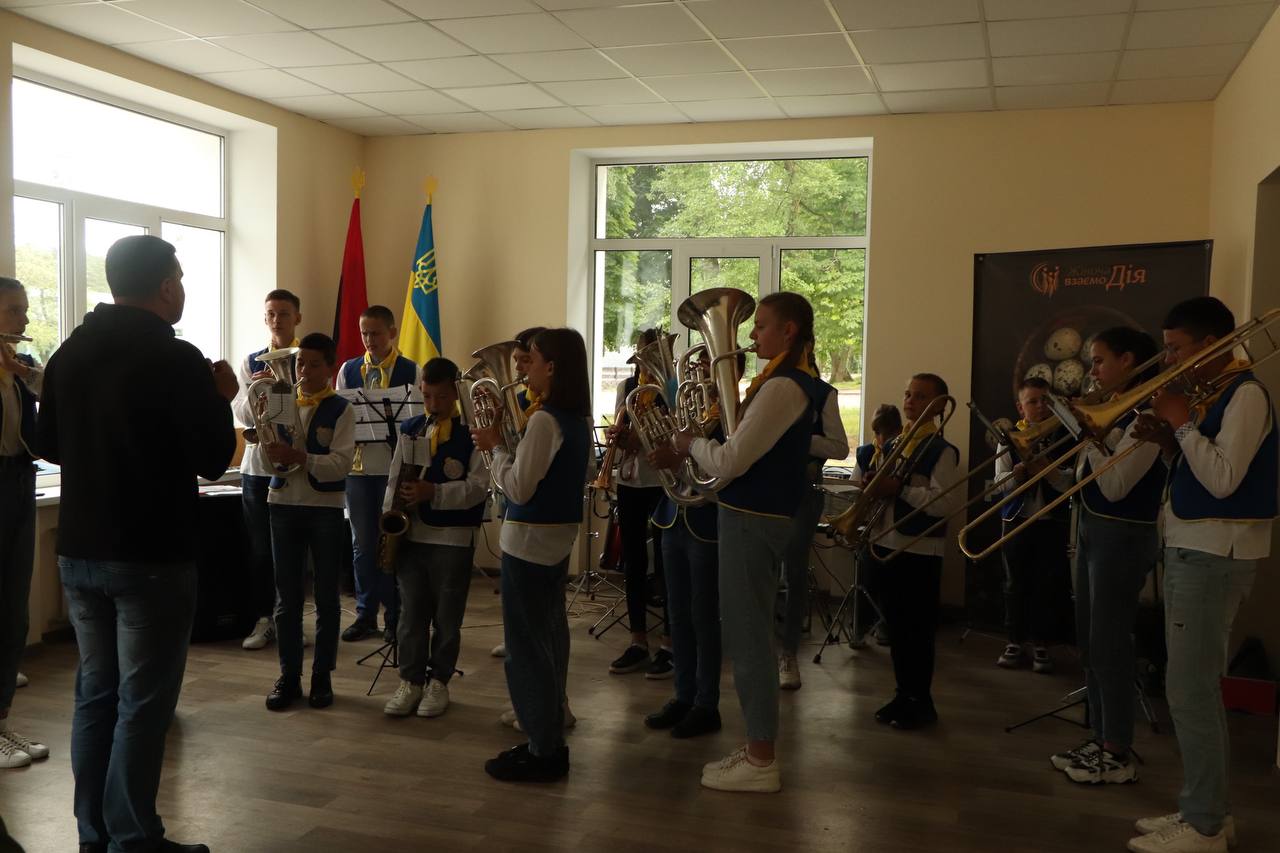
Special attention is paid to the education of social responsibility. In youth spaces, children learn volunteering, media literacy, cybersecurity, and other important modern skills. Young people actively participate in fundraising for Ukrainian defenders, organize charity events, and support socially significant initiatives.
There are eight libraries for children and adults in the Smyha community. They are regularly replenished with new modern books, which allows satisfying the intellectual and cultural needs of the community residents. The Smyha Central Library is not only a place for reading, but also the center of the educational and cultural life of the community. Events such as meetings with writers, book presentations, literary evenings and interactive master classes are regularly organized here. These initiatives contribute to the development of the cultural environment and increased reading activity among local residents.
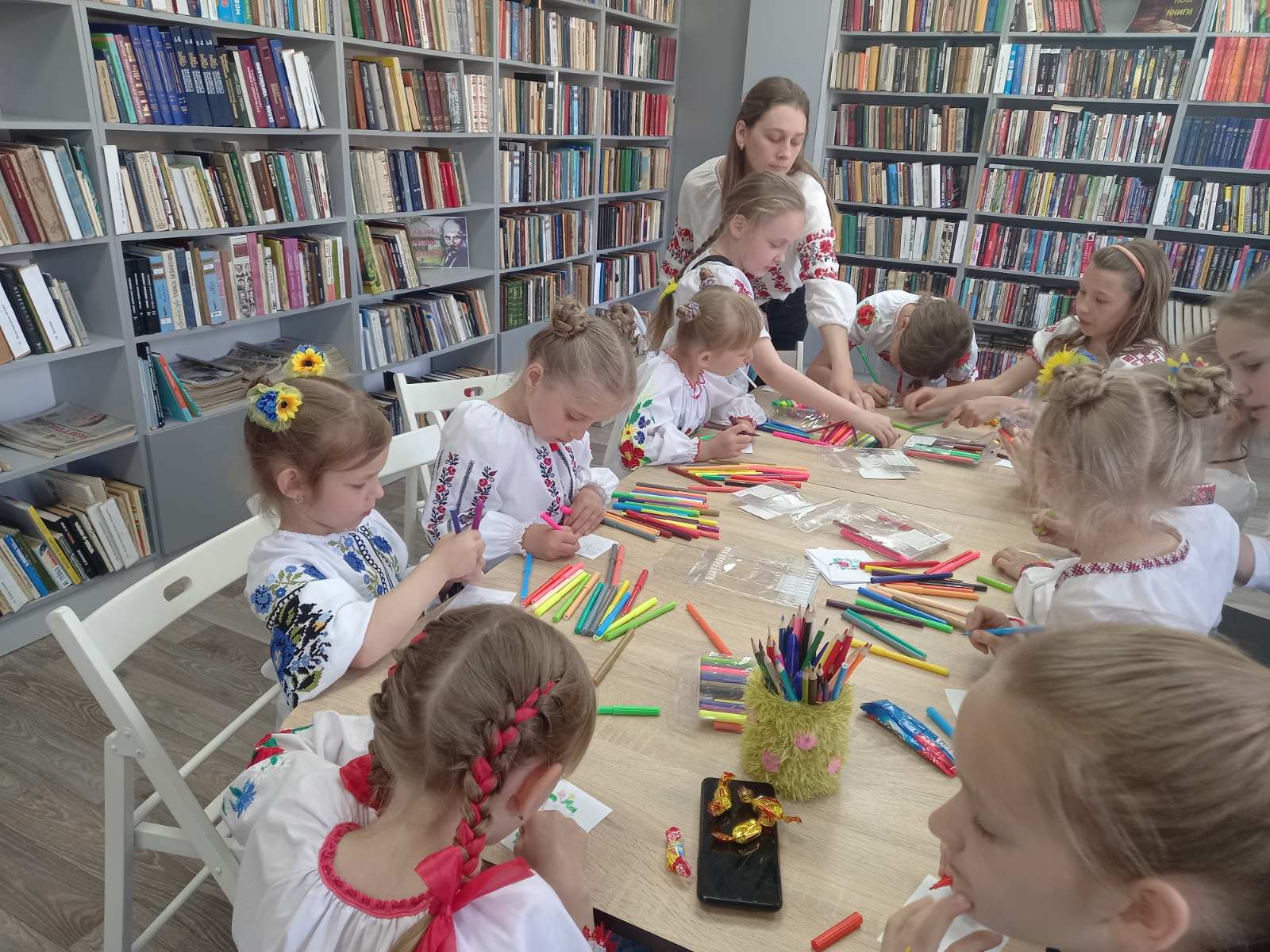
Medical care is provided by the Smyha Primary Health Care Center, which includes outpatient clinics in Smyha and Bereh. In addition, the Smyha Emergency Medical Care Center operates in the community, which promptly responds to the needs of the population. Community residents are trained in home medical care, which is especially relevant in our time.
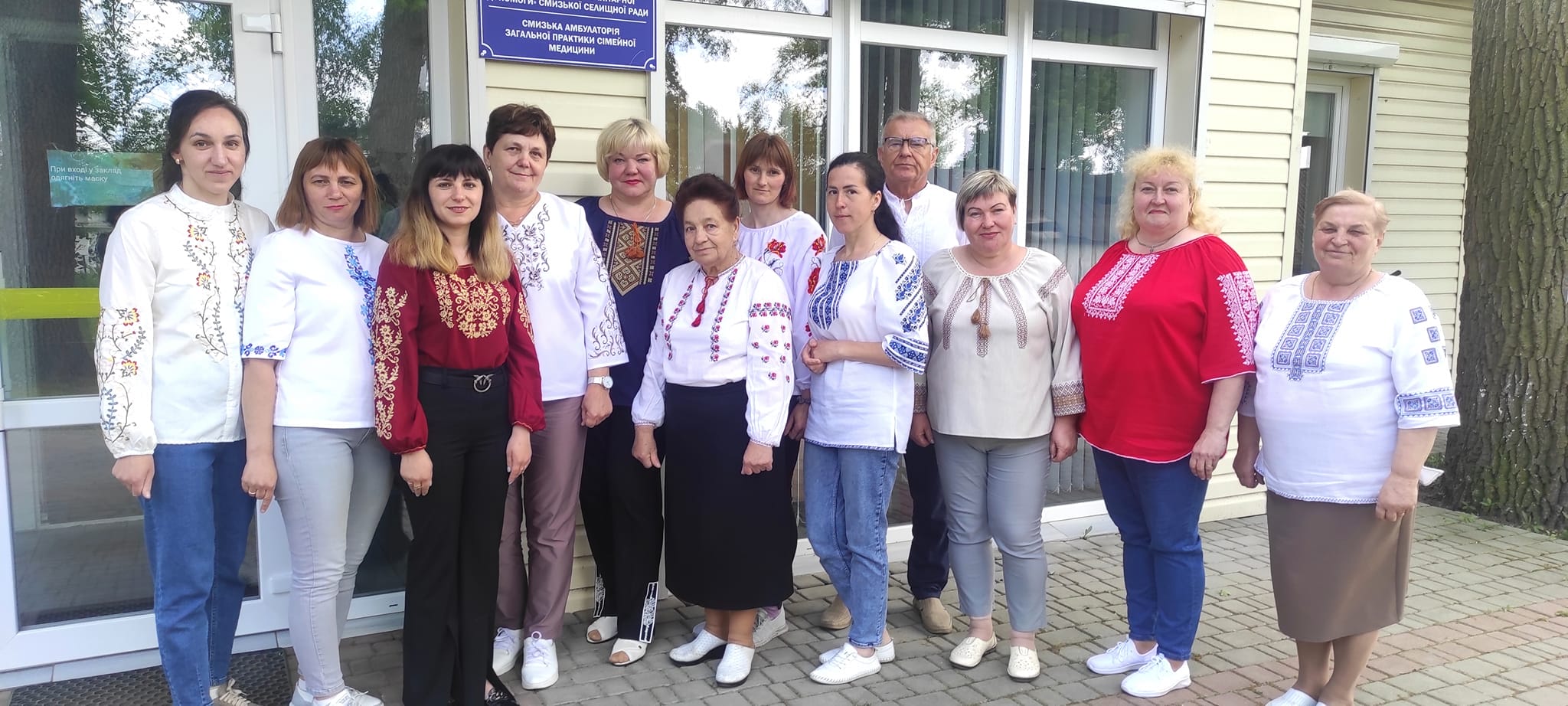
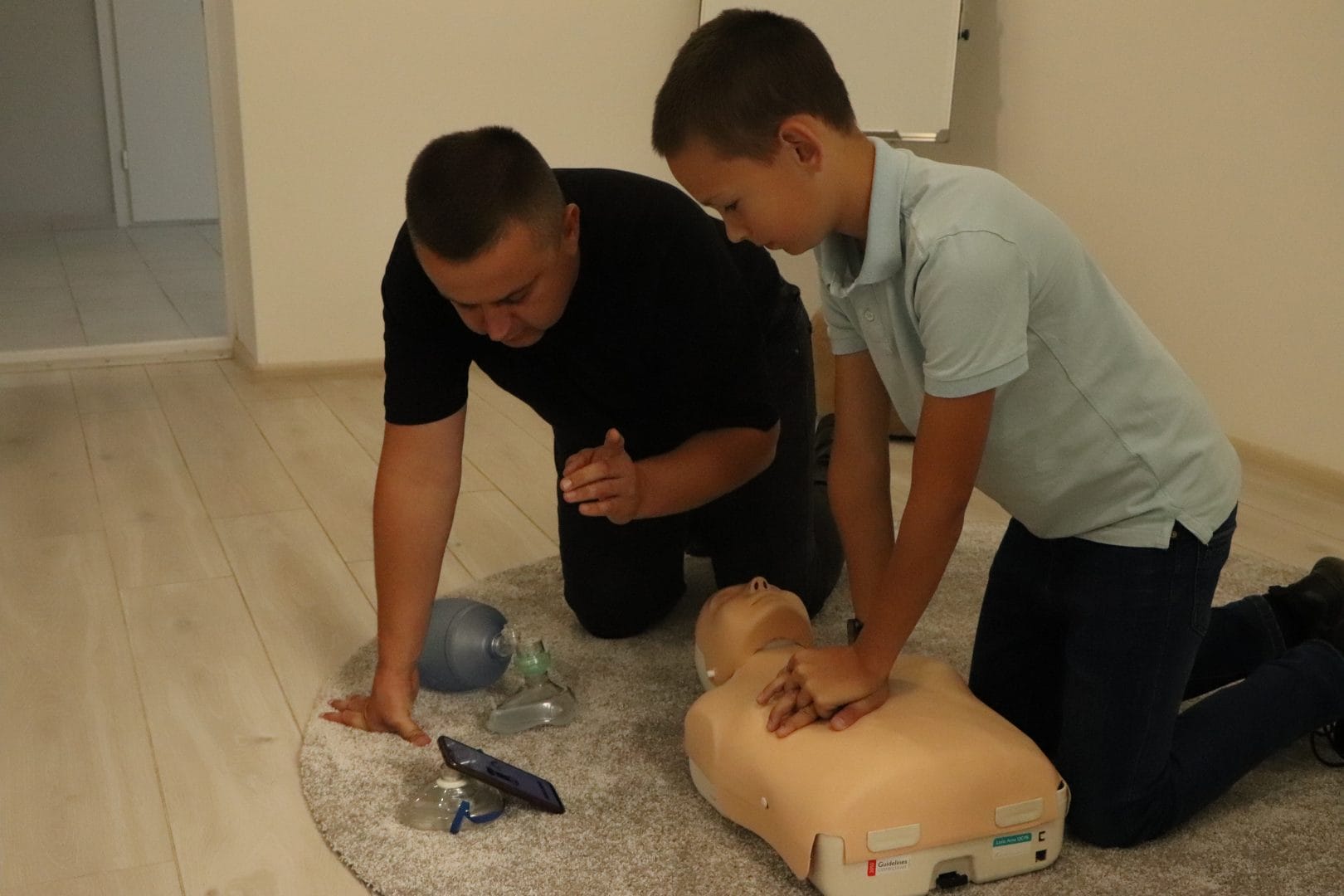
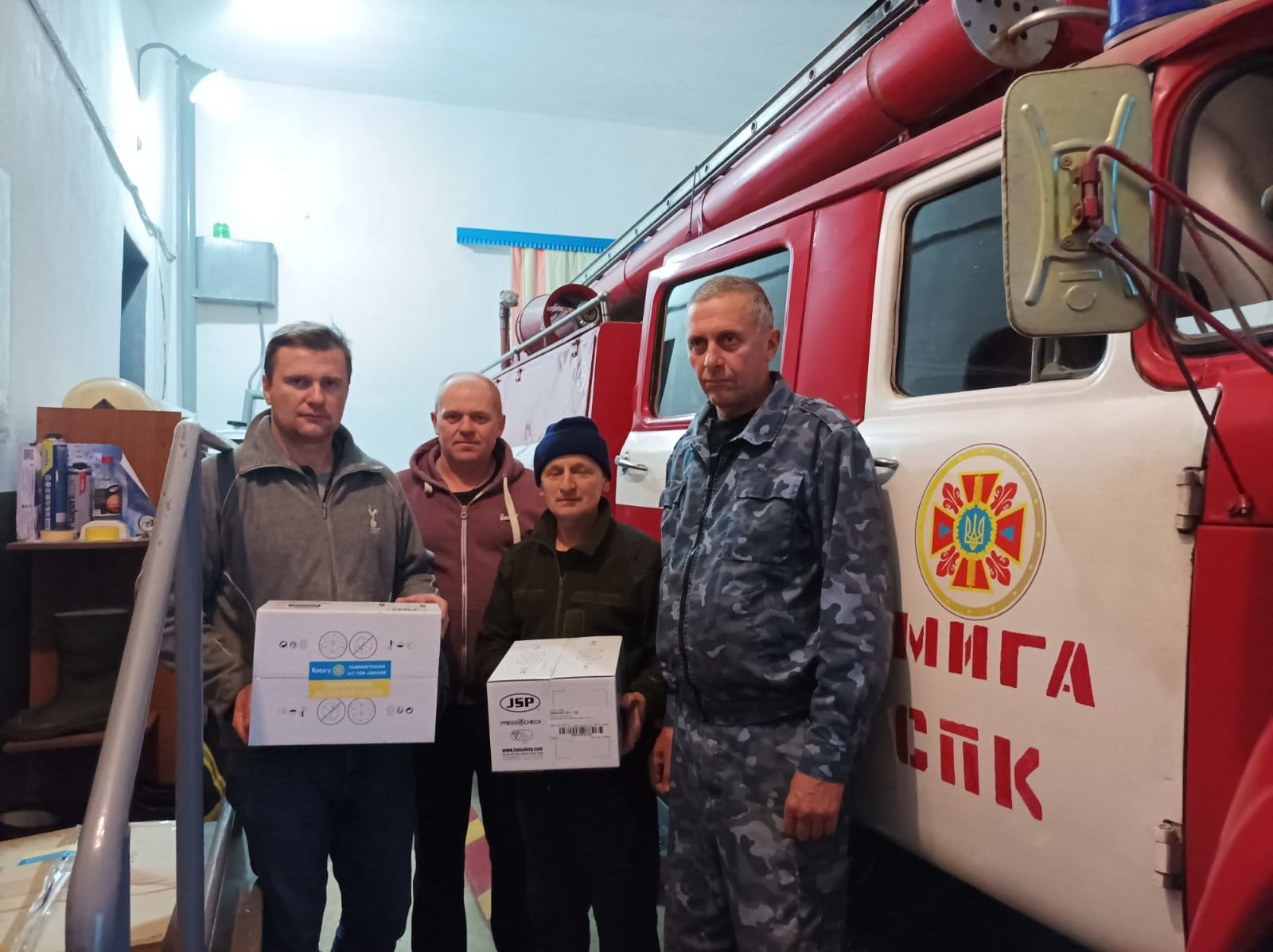
For the convenience of residents, the Administrative Services Center operates, which provides over 140 administrative services. Social support is provided by the Social Services Center, the main goal of which is to help vulnerable categories of the population. They conduct social and preventive work there, help families overcome difficult life circumstances, and provide a range of services to minimize their impact.
In the Smyha community, children’s football is actively developing, becoming an important part of the sports life of the area. There are two modern football stadiums in Smyha, which are not only a training ground for local football players, but also attract children from neighboring communities. Football tournaments are held regularly, attracting teams from all over Ukraine and even abroad. Currently, the construction of a specialized base for football players is underway, which is financed by local investors.
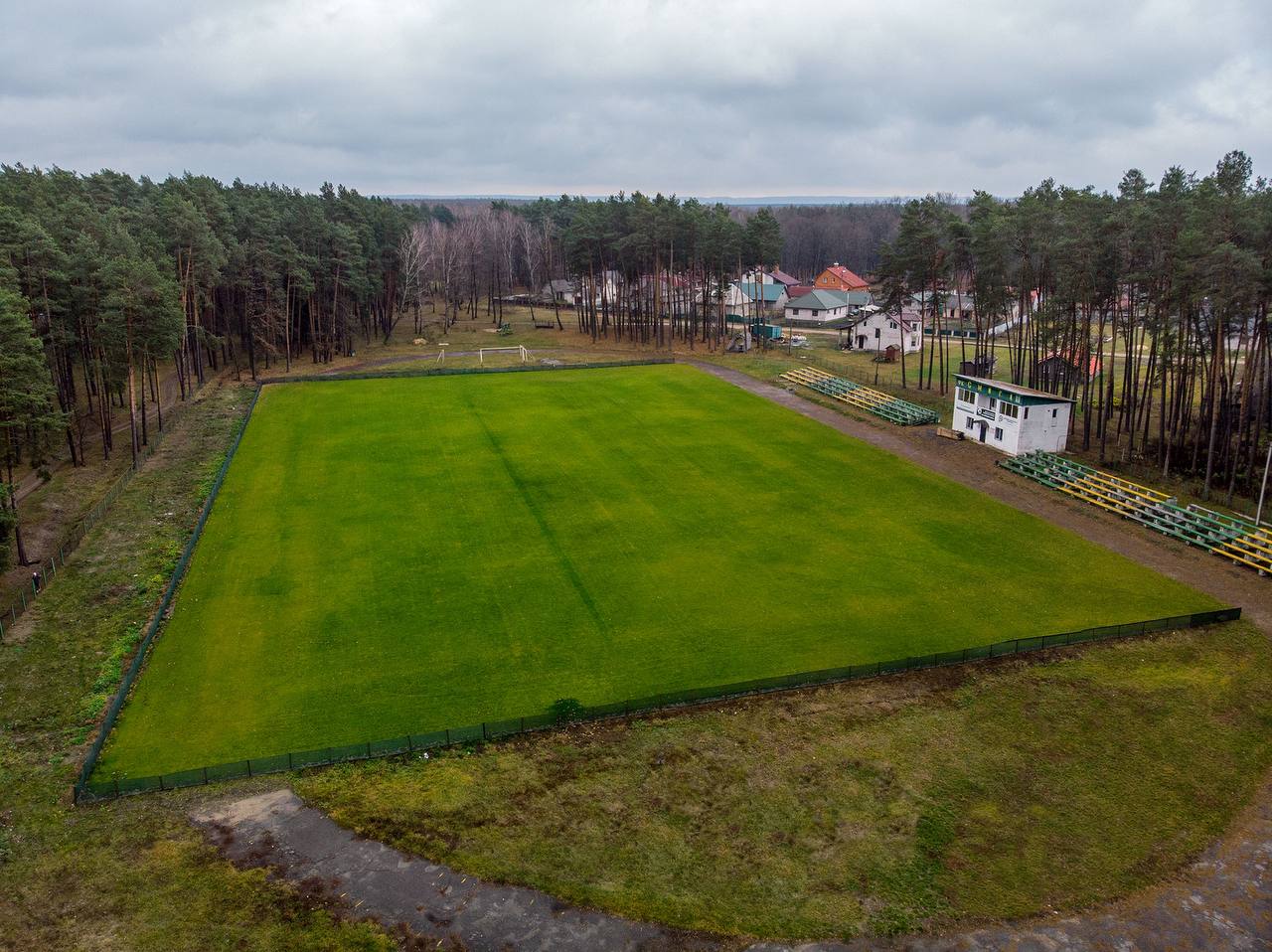
The community has a Football Club “Euroshpon-Smyha”. Over the 12 years of its existence, it has transformed from a small children’s club into a modern sports hub that has gained recognition far beyond the community.
The agreement with the football club “Dynamo” Kyiv and the support of the sponsor -“Euroshpon-Smyha” enterprise provide the opportunity to train on modern grounds and take part in various competitions. The club implements important social initiatives, supports the military, helps develop the community and organizes tournaments that attract teams even from abroad.
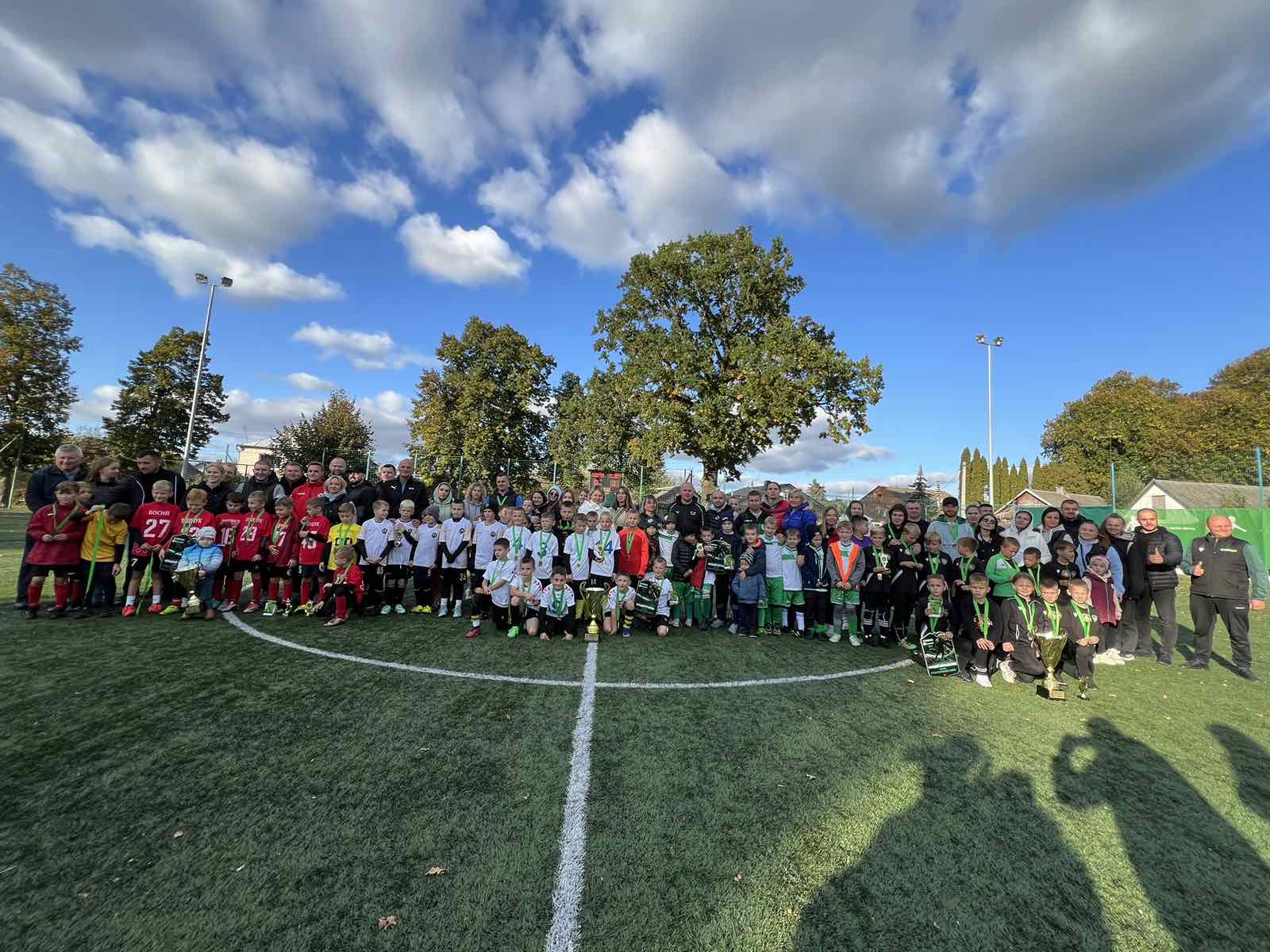
The pride of the community is the Exemplary Children’s Brass Band “Smyha”. Created in 1973, the orchestra celebrated its 51st anniversary this year. Over this time, it has become an integral part of the community’s cultural life, performing at local, regional, national and international events, competitions and festivals.
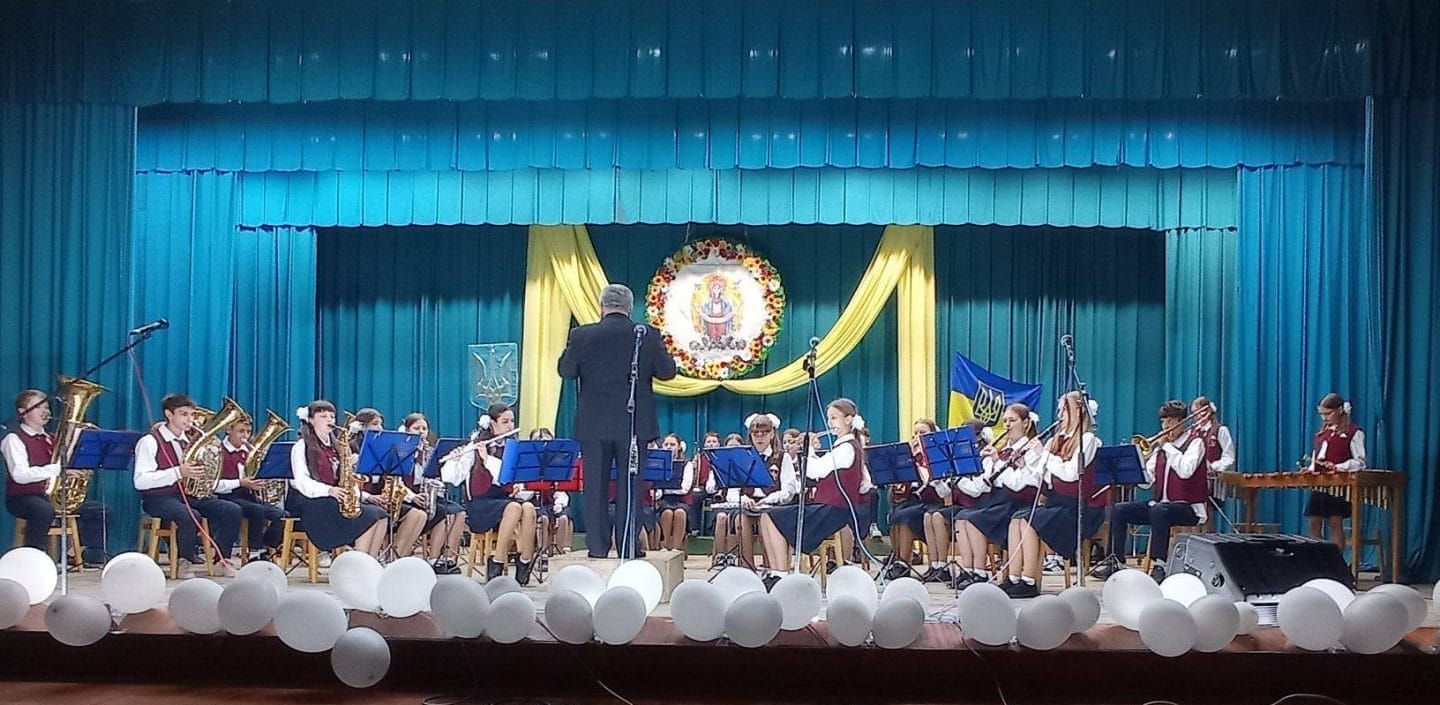
Community and War
Since the beginning of the full-scale invasion, the Smyha community has become a refuge for about 800 internally displaced persons from eastern Ukraine. Locals have opened their homes to arrivals. Since the highway to the Polish border passes through the community, there was a large flow of displaced people here.
A hub was quickly organized at the Smyha Central Library and the Settlement Council to collect clothes, blankets, hygiene products, and other necessary items. Public catering establishments provided the displaced people with free hot lunches.
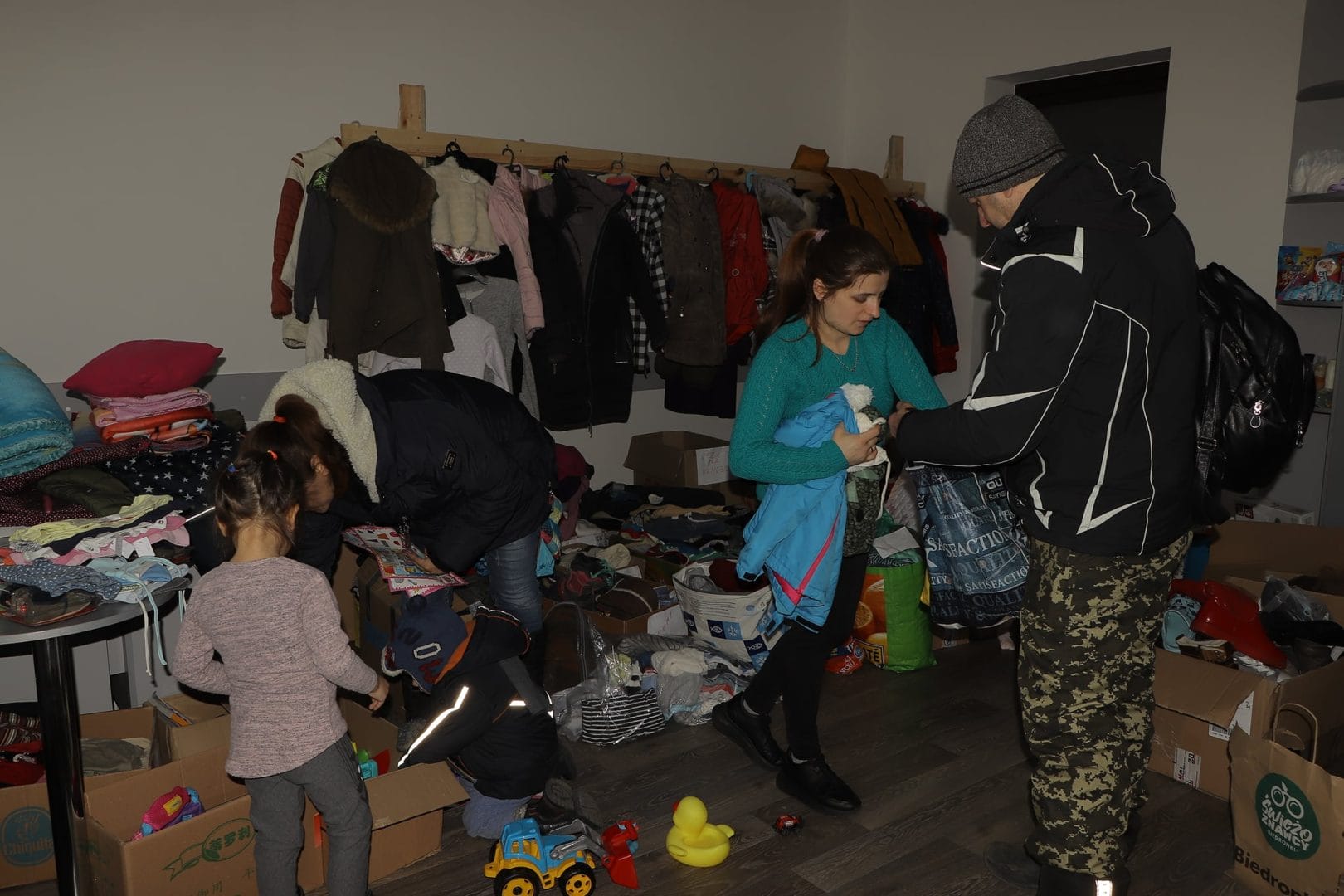
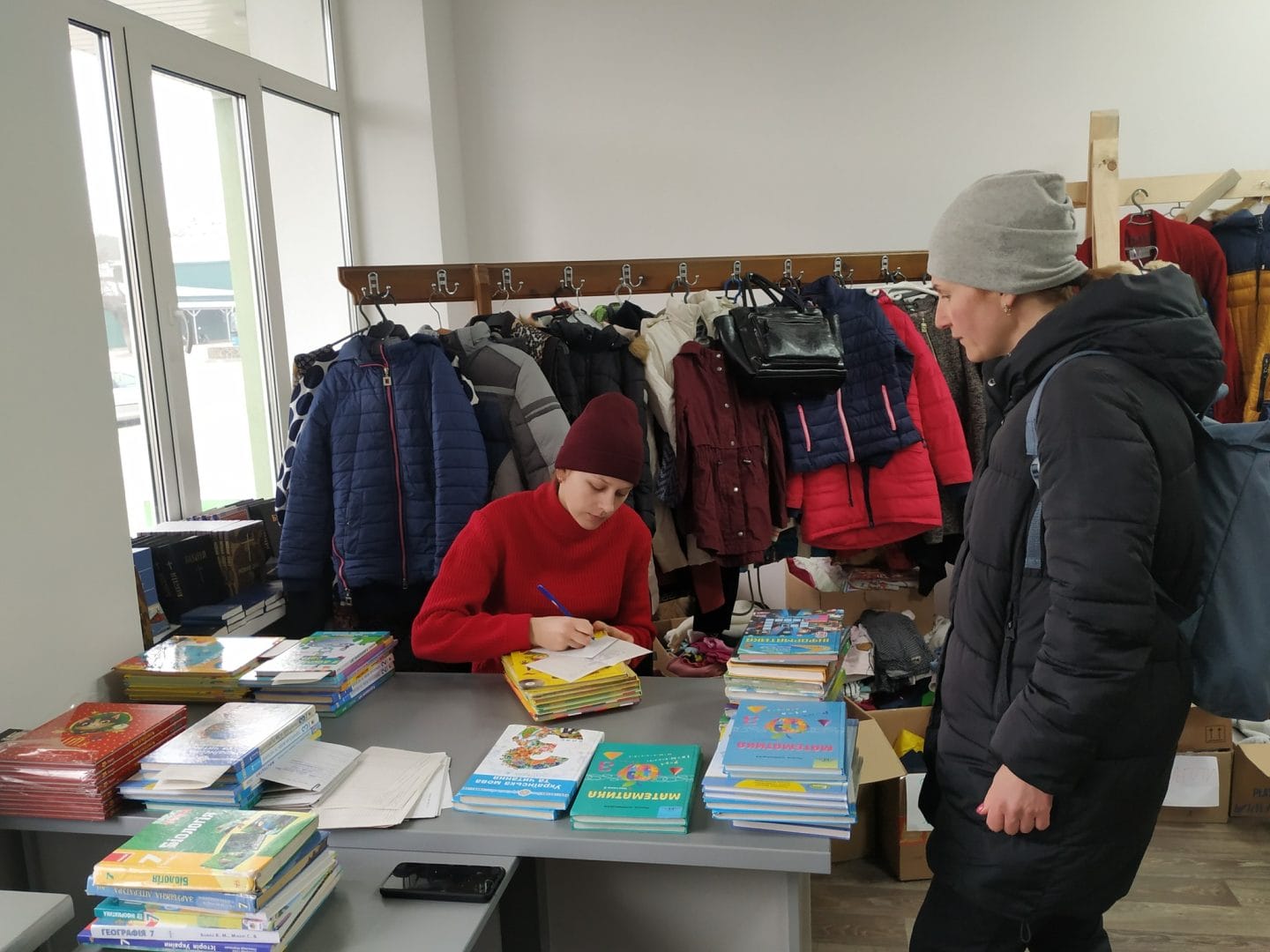
The public organization Community Development Agency “Intonation of Change” together with the charitable foundations “Rokada”, “Rotary Club Dubno” and “Caritas” organized humanitarian aid. Internally displaced persons received food, household chemicals, bedding, dishes, new clothes and shoes.
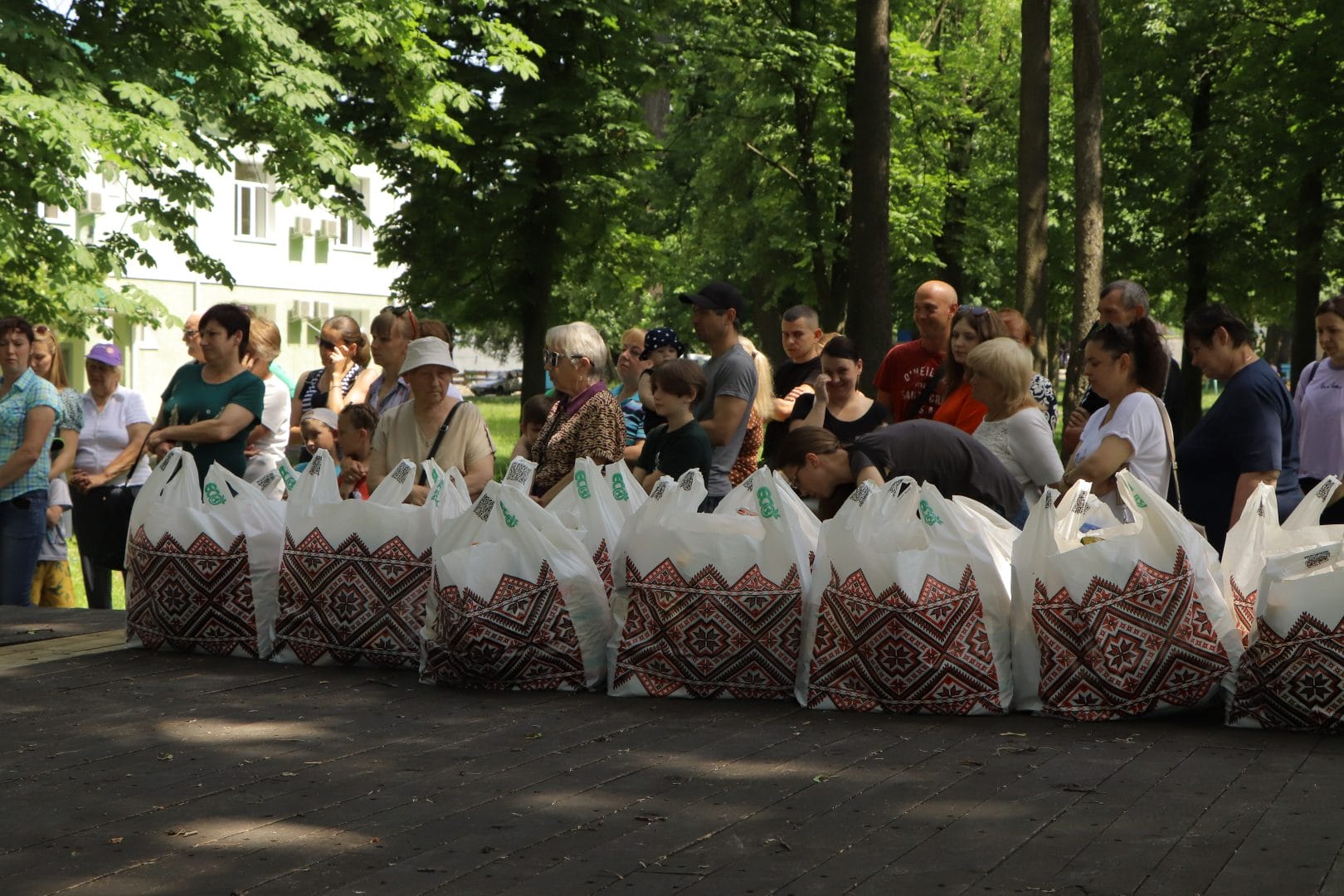
Activities for internally displaced children were held, including day camps, English language school, and Christmas festivities. Internally displaced children had the opportunity to write a letter to Saint Nicholas and receive their dream gift.
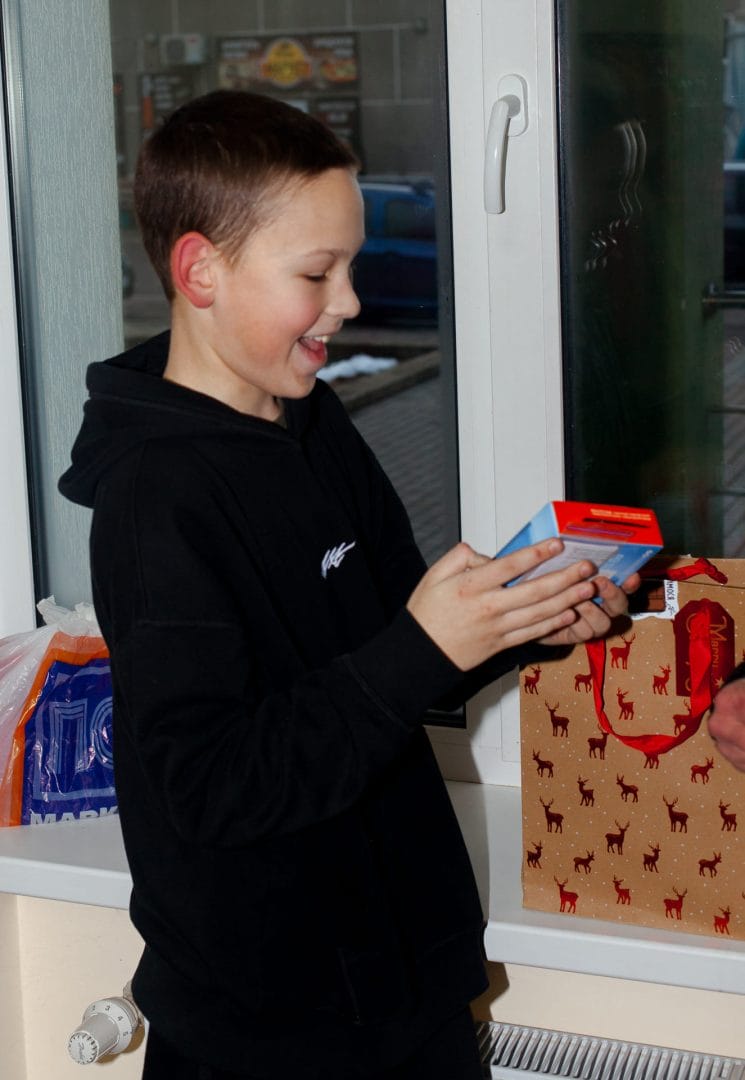
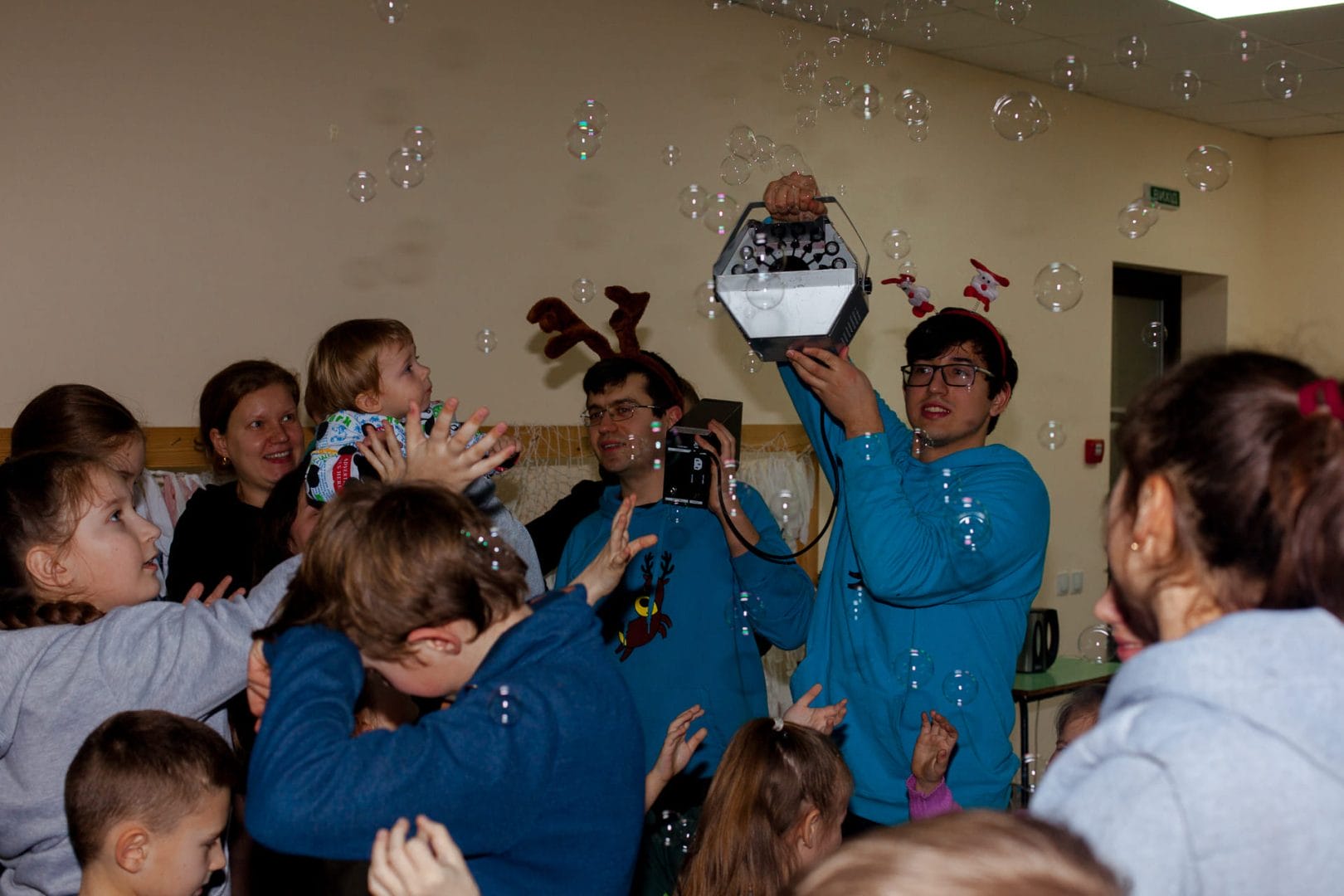
Meetings with lawyers, psychologists, and representatives of the employment center were organized for internally displaced adults.
The community regularly organizes initiatives in support of the Armed Forces of Ukraine: they weave camouflage nets, make energy bars, canned food, etc.
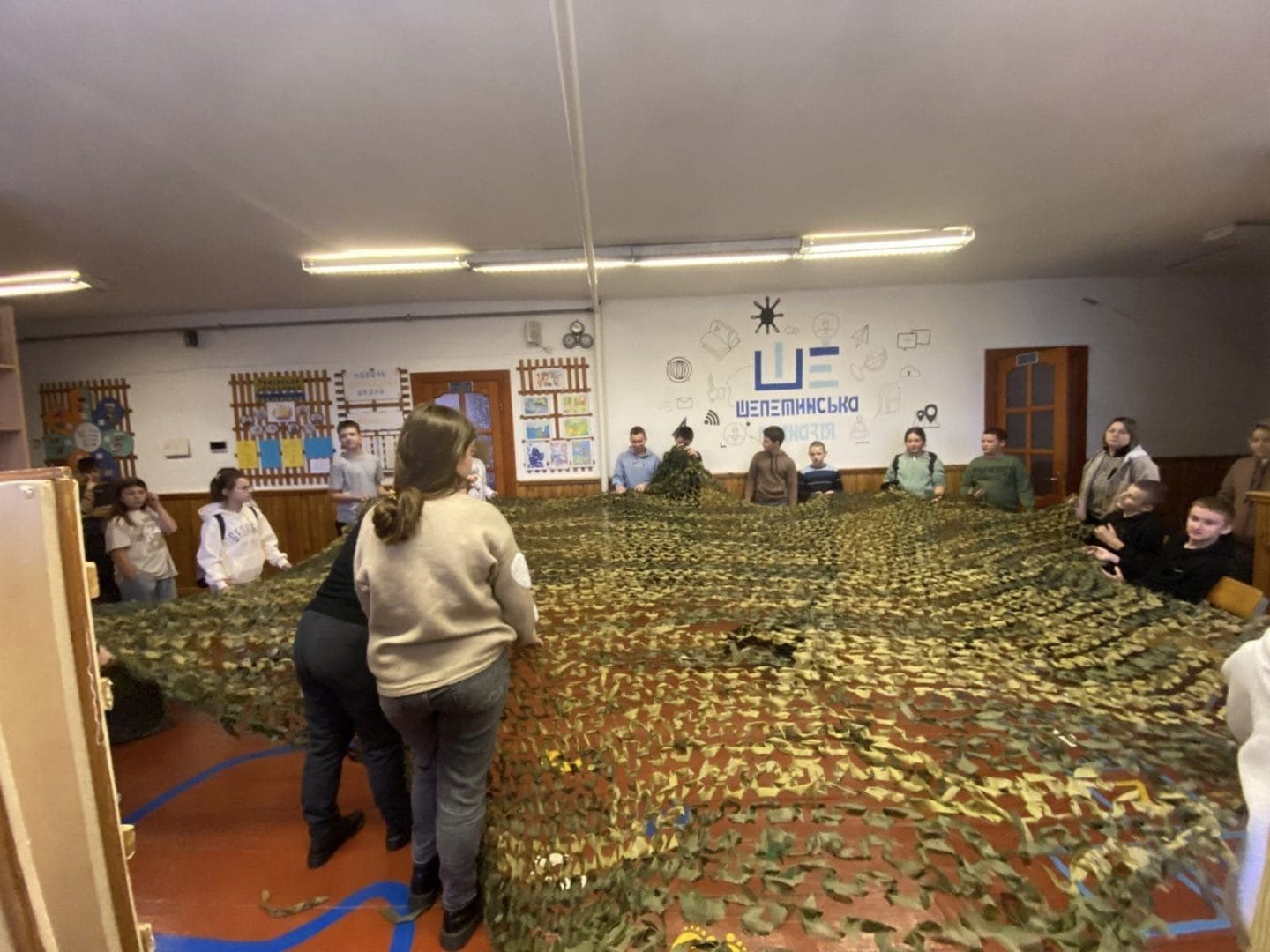
Currently, measures are being taken to integrate people who decided to stay in the community: they organize psychological support, help with employment and social adaptation. Such initiatives help displaced people become part of the community and find stability in new conditions.
Unfortunately, the community has already lost 20 heroes who gave their lives for the freedom of Ukraine.
Community People
Oleksandr Fedorov has been Head of the settlement since 2020.
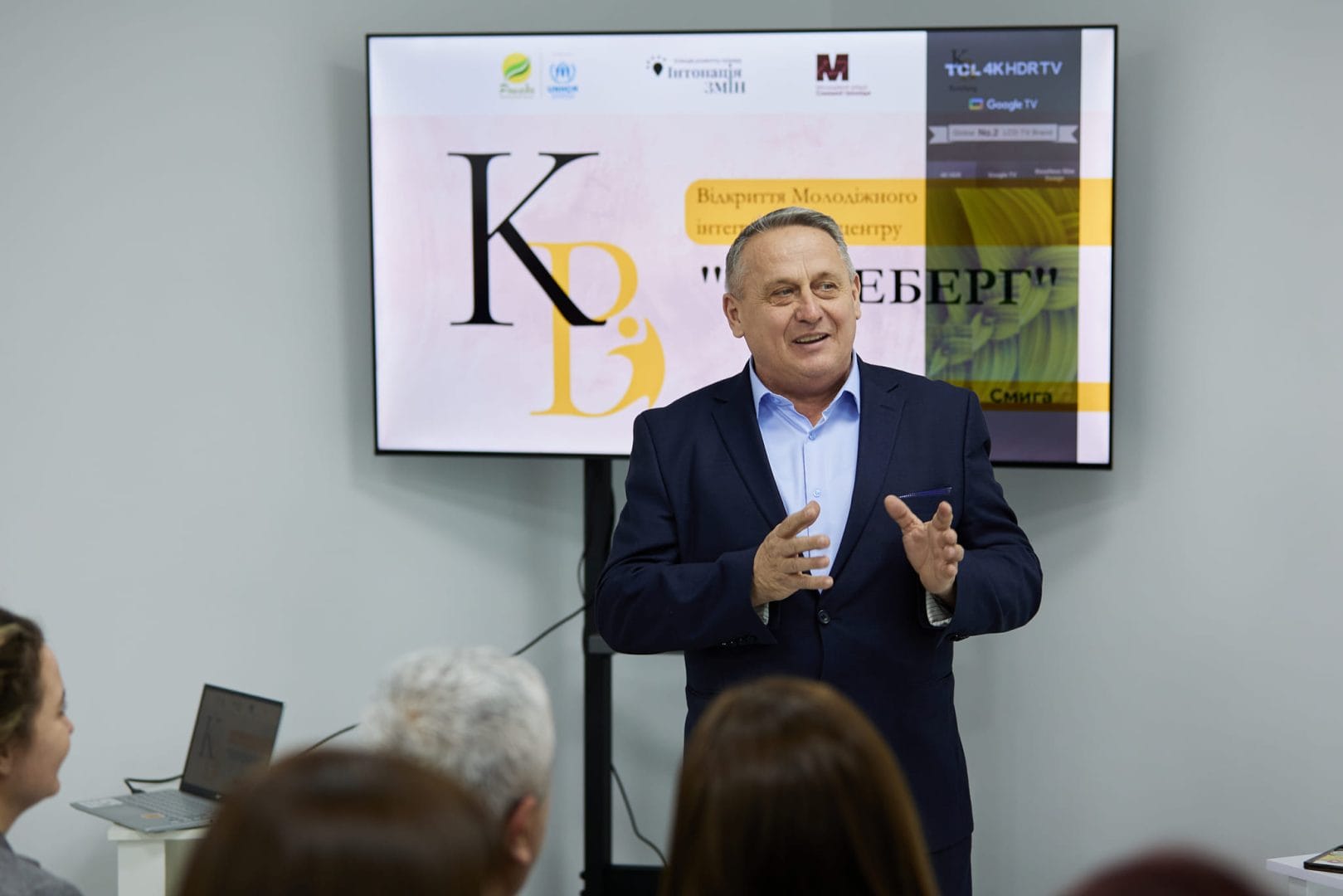
The settlement head is actively working to improve the community’s infrastructure. Dining facilities, a sports hall, and shelters have been renovated in education institutions and a modern “Safety Class” has been equipped. To increase energy independence, generators have been purchased for education institutions. Also, a school bus has been purchased.
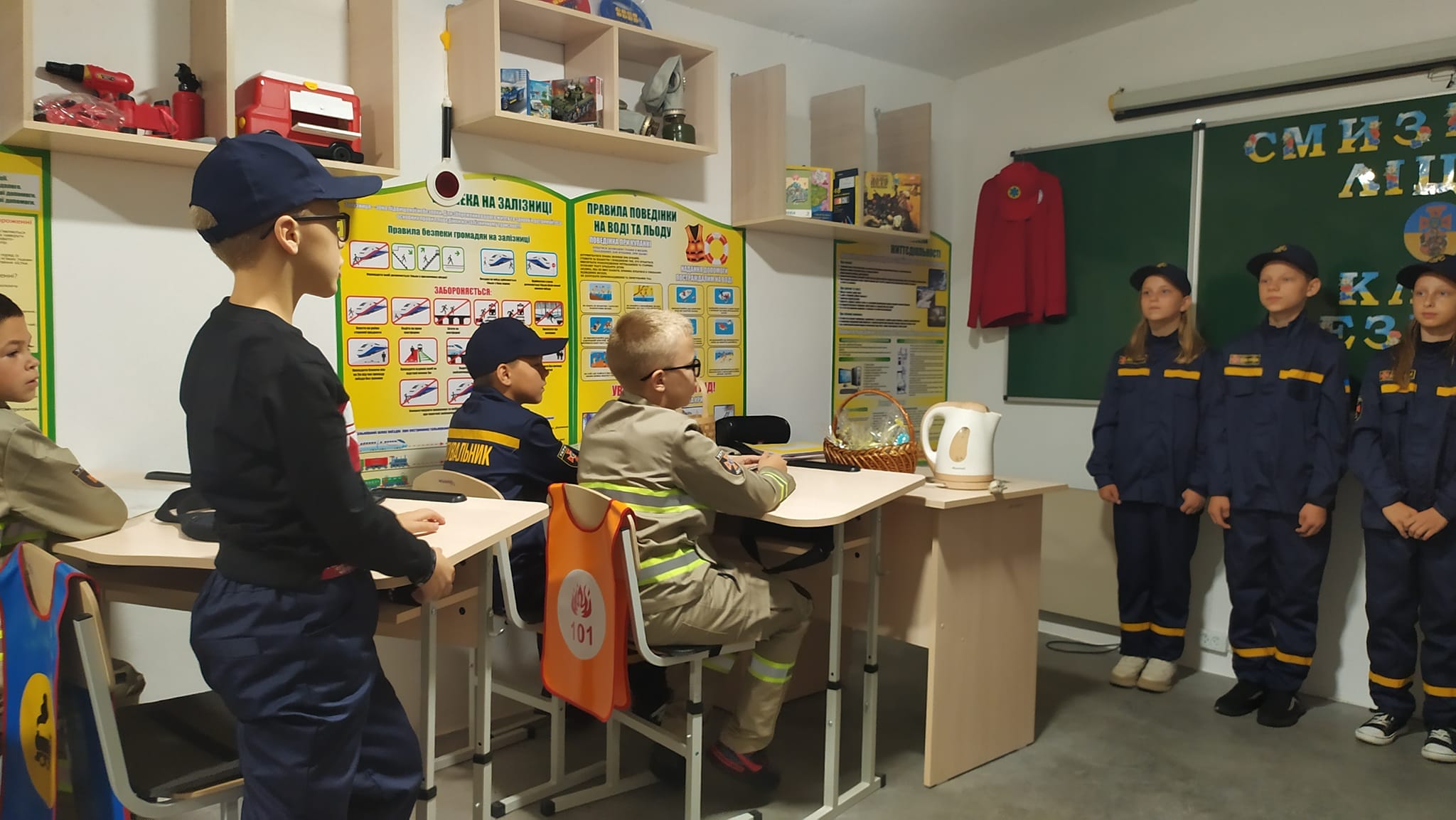
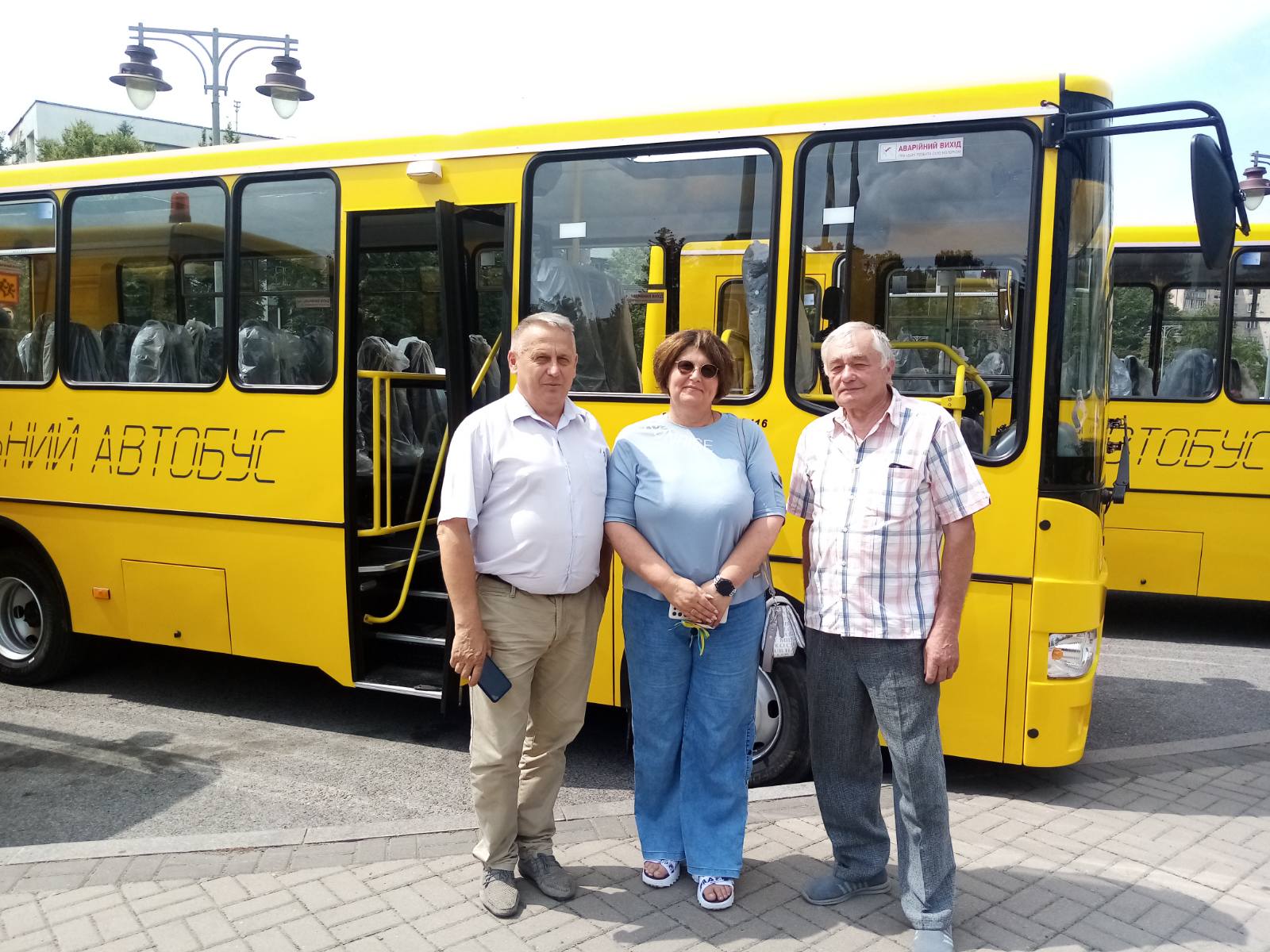
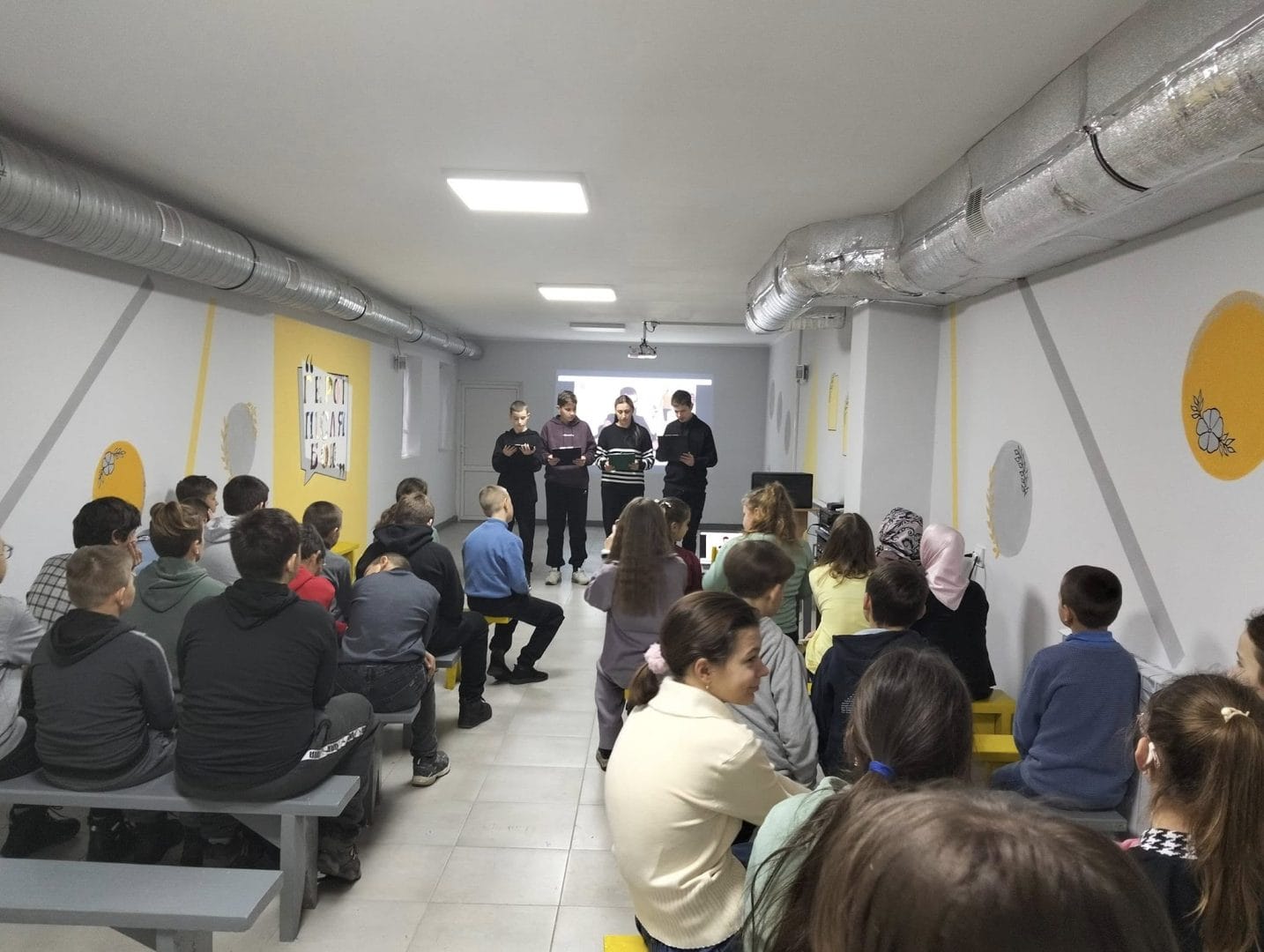
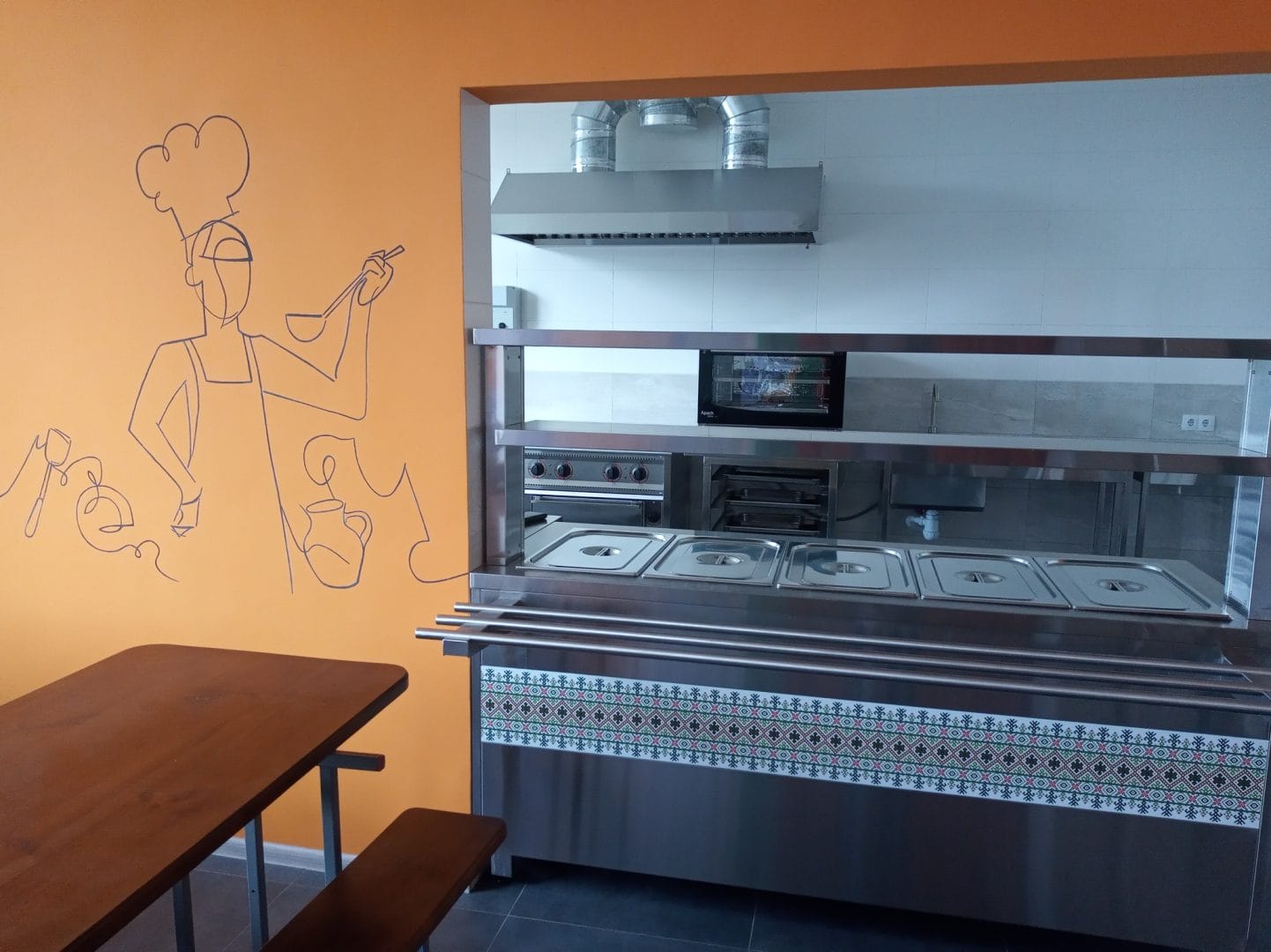
Special attention was paid to road repairs. Minor repairs of asphalt pavement were carried out in all community population centers. Street lighting was restored in many villages.
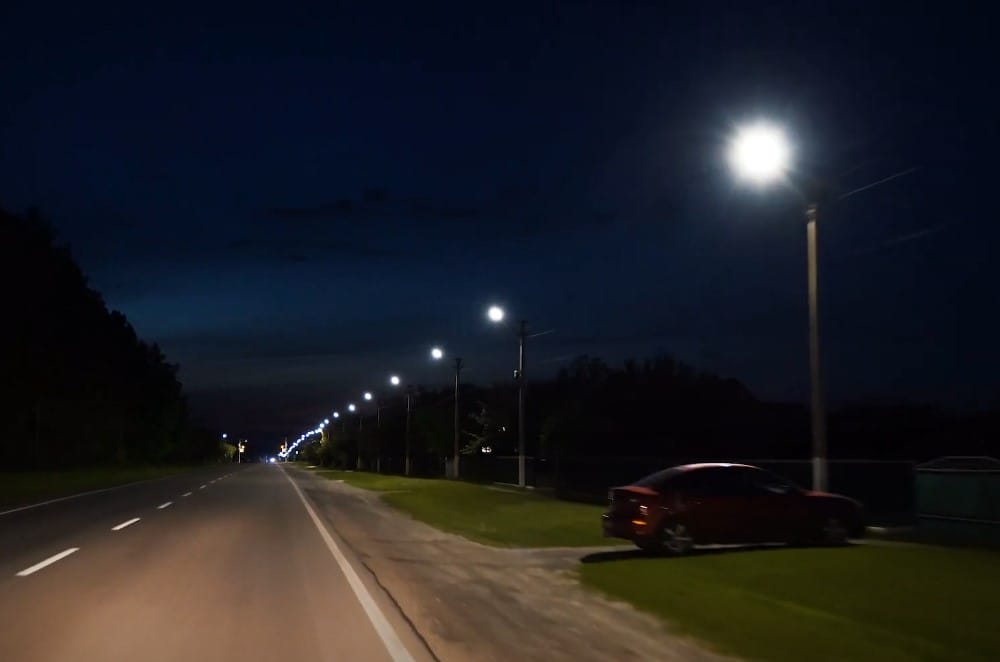
In the housing and utility services sector, new garbage containers were purchased and equipment for the utility company was updated. Thanks to the grant program, a social and medical hub was created to increase the accessibility of medical services.
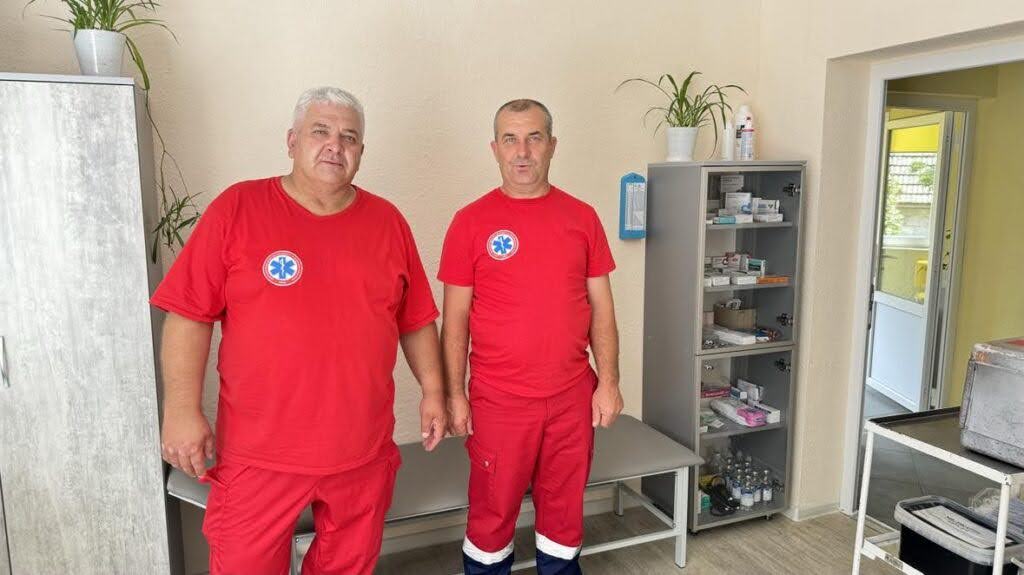
The community cares about socially vulnerable categories of the population and actively supports the Armed Forces of Ukraine. Assistance is provided for treatment, burial, and the purchase of ammunition for the military. Internally displaced persons are provided with humanitarian aid, cooperation with volunteer organizations is organized. Social workers work here and a rehabilitation equipment rental point has been opened.
Rangefinders, network equipment, and other necessary equipment were purchased for military units and formations. Special attention was paid to social support: assistance was provided to children of military personnel in education institutions, material support was provided to demobilized soldiers and their families, and assistance was provided to the families of fallen heroes, including the organization of funerals.
The settlement head of the Smyha territorial community, Oleksandr Fedorov, actively supports the initiatives of local residents and public organizations.
Thus, over the past year, the Youth Council of the community, the Settlement Council and the public association Community Development Agency “Intonation of Change” have created the Youth Integration Center “Keneberg”. The center was created to develop the youth environment through non-formal education and volunteering.
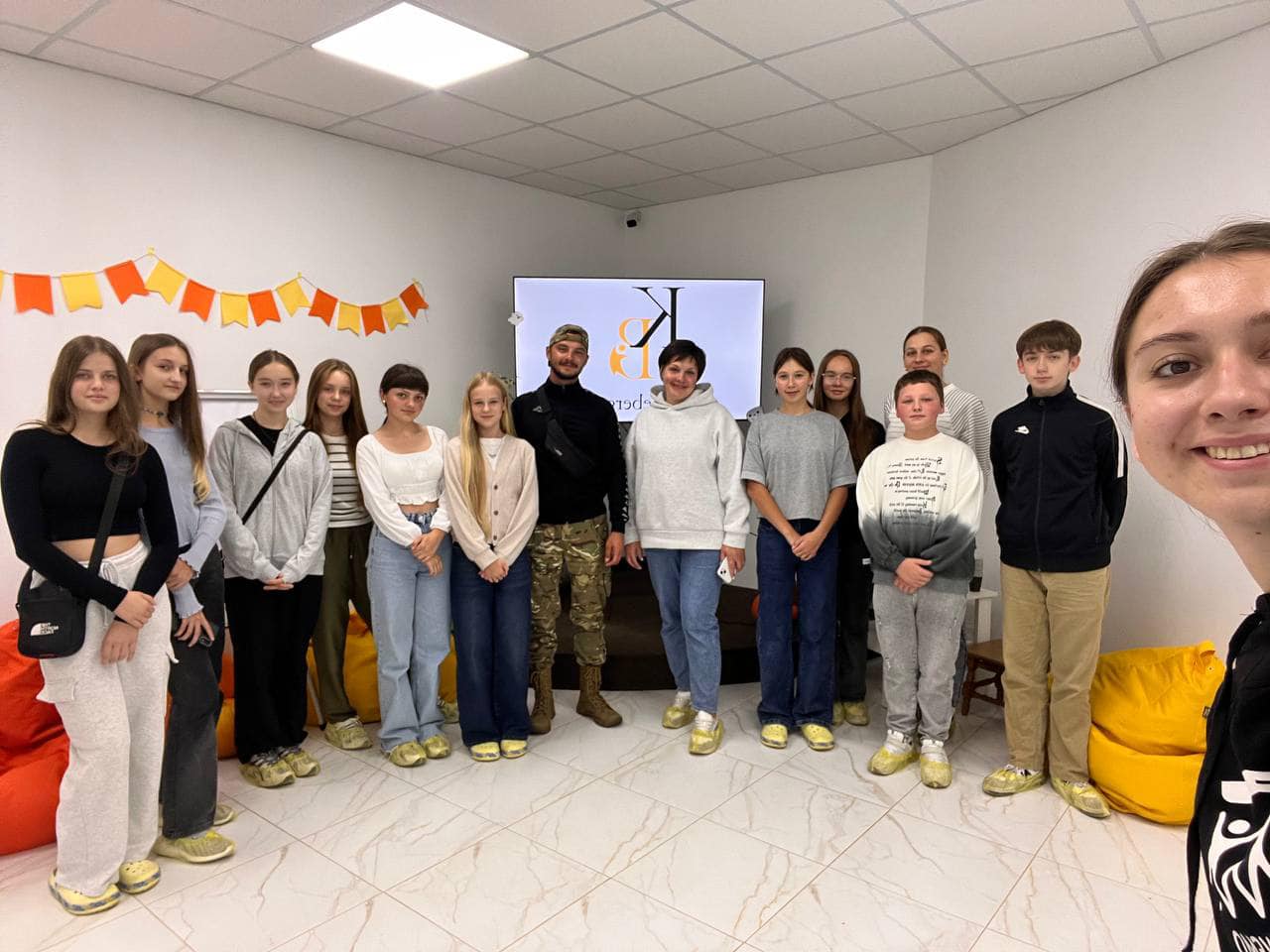
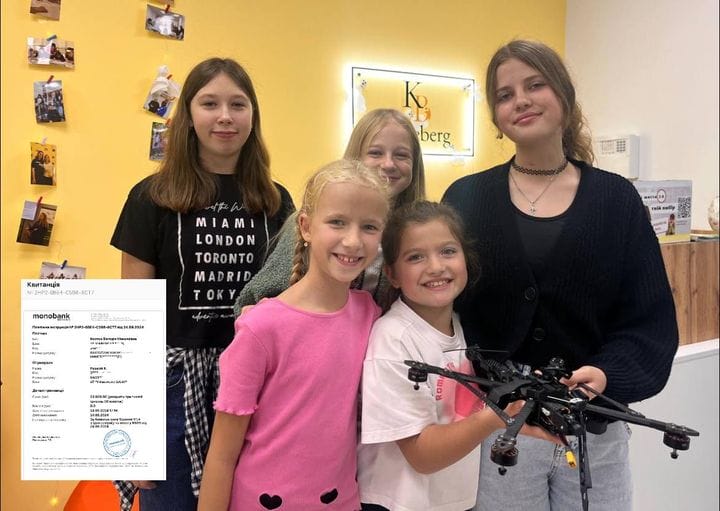
The experience of the Keneberg Center is already being transferred to other communities in Ukraine to scale up successful ideas and gain new knowledge from experienced colleagues.
Development Strategy
The community has approved the Development Strategy of the Smyha Territorial Community for 2020-2027. It is aimed at improving the quality of life of its residents, strengthening the local economy, and ensuring the safety and environmental sustainability of the community.
Over the past year, the community has managed to attract funds from international organizations and implement several projects aimed at improving the quality of life.
One of such projects is the opening of the Youth Integration Center “Keneberg” in the Smyha community, which was created in cooperation among the Community Development Agency “Intonation of Change”, the Smyha Settlement Council, the Youth Council and the Charitable Foundation “Rokada” with financial support from UNHCR Ukraine – the UN Refugee Agency in Ukraine. A project office has already been created there to write educational, cultural and tourist projects. A unique phenomenon is that this project is not financed from the local budget – resources are attracted by the public organization Community Development Agency “Intonation of Change” in cooperation with local business and the Settlement Council.
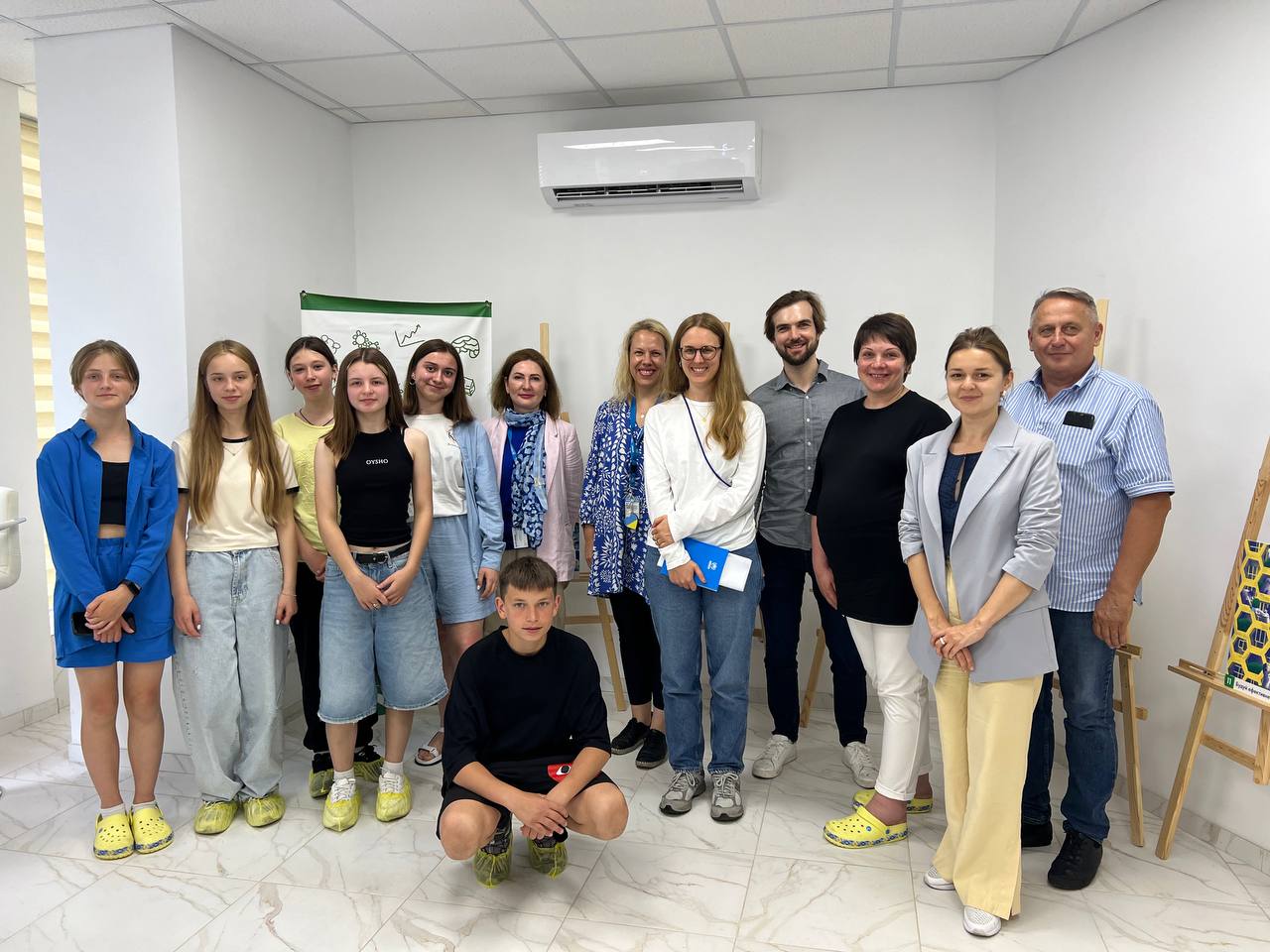
The Smyha community has launched a new international cooperation in the field of sustainable development and energy efficiency. Ronnie Ronczyk Böhme, head of the German NGO Ostsachsen wechselt e.V., visited the community to discuss and launch the implementation of the pilot project “Autonomous Sustainable Preschool in Smyha: Building Together – Learning Together – Acting Together”.
The project has an ambitious goal – to create an innovative, ecological kindergarten that will operate on the basis of energy-efficient solutions. All preparations, including the translation of documents and coordination of the process, were carried out by the Community Development Agency “Intonation of Change”. Over the past four months, thanks to cooperation with German partners, a grant application has been submitted and approved to the German foundation Stiftung Nord-Süd-Brücken, which specializes in supporting international social projects.
A tripartite memorandum of cooperation was also signed among the Smyha community, Ostsachsen wechselt e.V., and the Community Development Agency “Intonation of Change”. The project will run from November 2024 to March 2025.
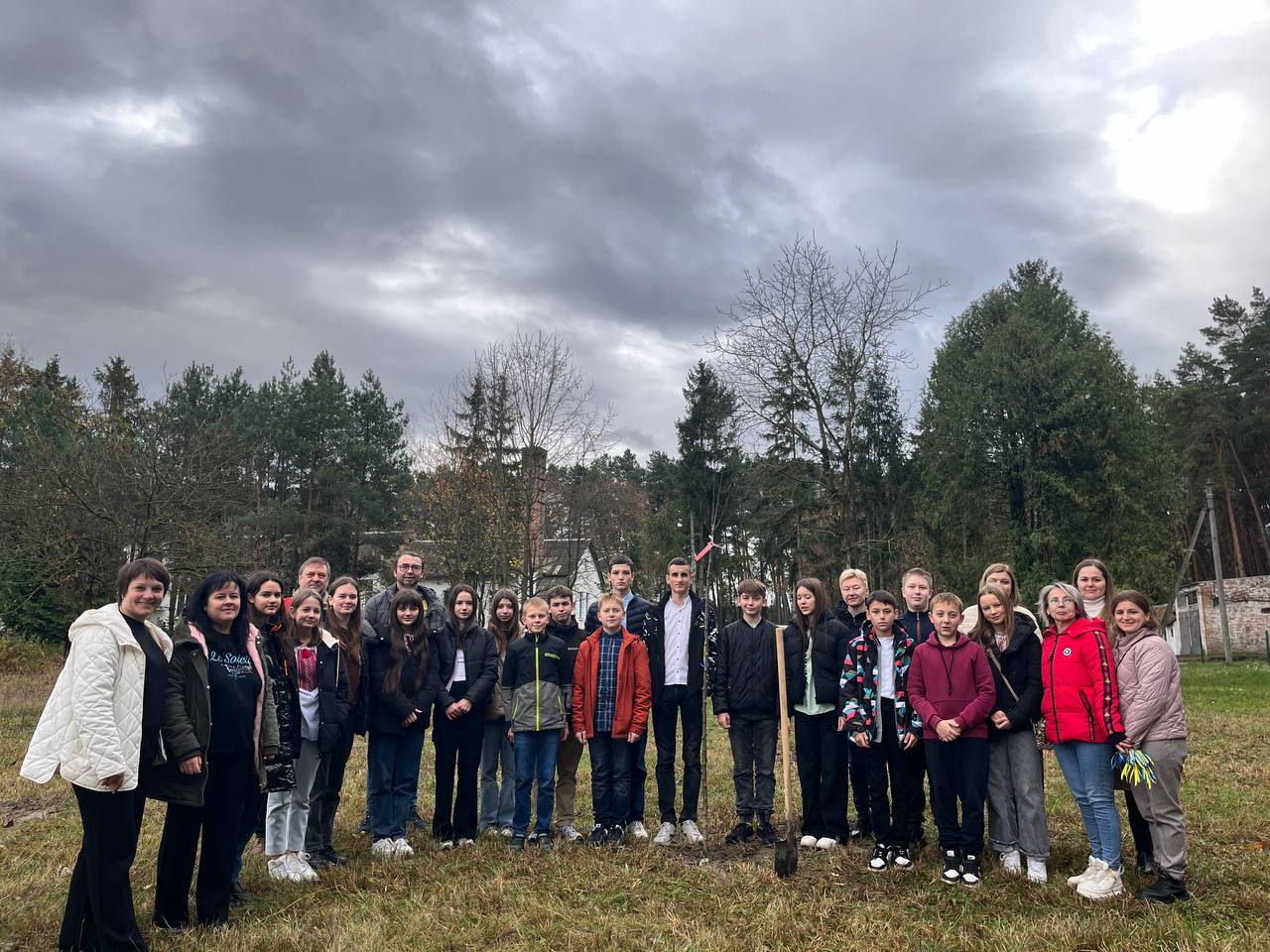
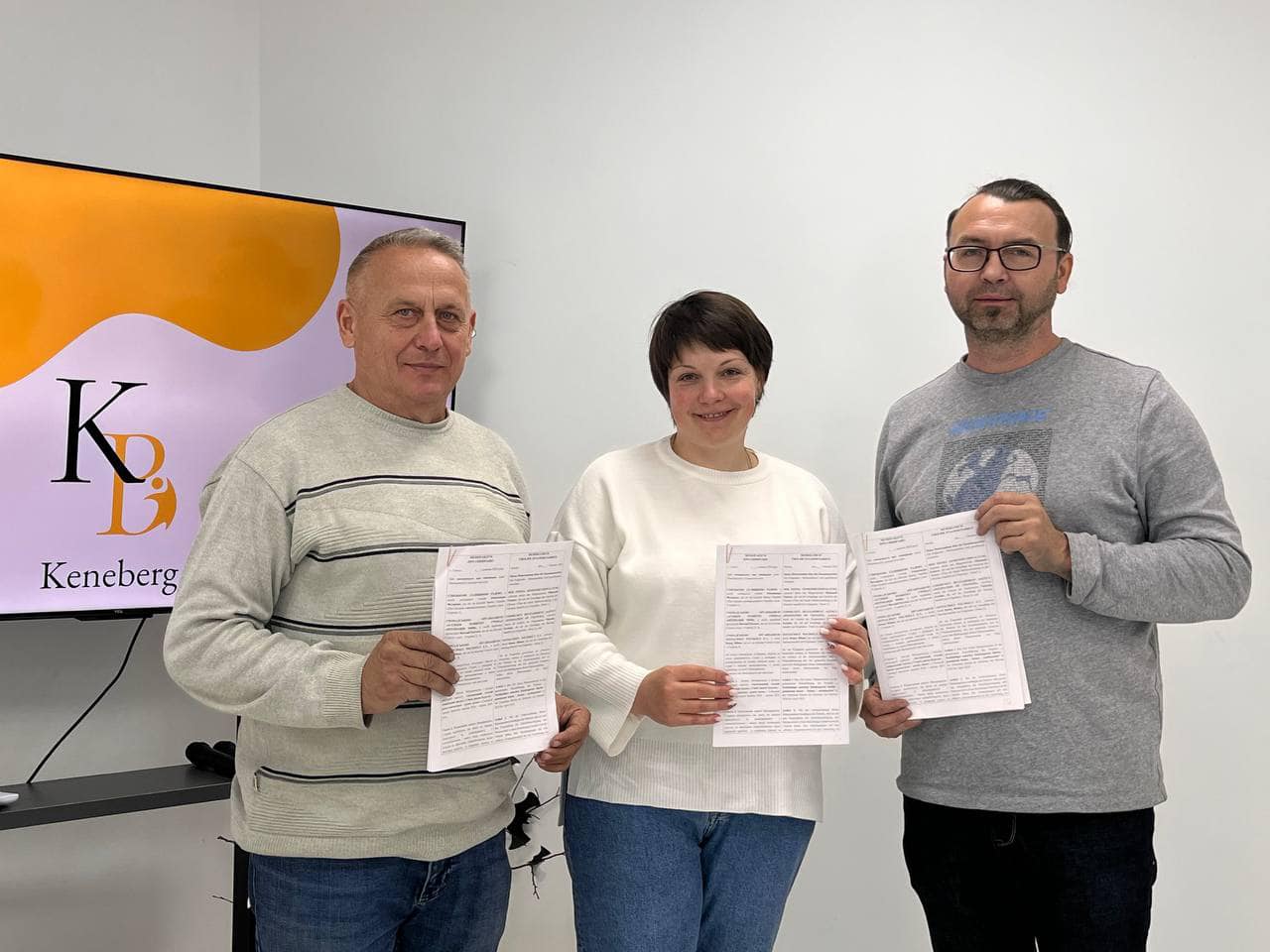
List of Sources
- smyzka-gromada.gov.ua
- rivne1.tv фото Оркестр
- facebook.com photo of St. Anna Spring
- rada.info
- Community Development Strategy of the Smyha United Territorial Community for 2020-2027
- facebook.com
- facebook.com
- facebook.com
- germans.volyn.ua
- Studianka Museum
- youtube.com
- about the residence of Count Berg in the village of Studianka
- fceuroshpon-smyga.com.ua

